
Readers Write: Scattered
We asked readers to submit brief reflections on words associated with Advent. Here is a response on the word “scattered.”

We asked readers to submit brief reflections on words associated with Advent. Here is a response on the word “scattered.”

As the Christmas season approaches, let us not forget the 400 years of waiting that the nation of Israel found themselves in, between the book of Malachi and the advent of Christ in Matthew. Just like the Israelites awaited a promise, we too await promises in our lives.

We asked readers to submit brief reflections on words associated with Advent. Below are two responses on the word “ponder.”
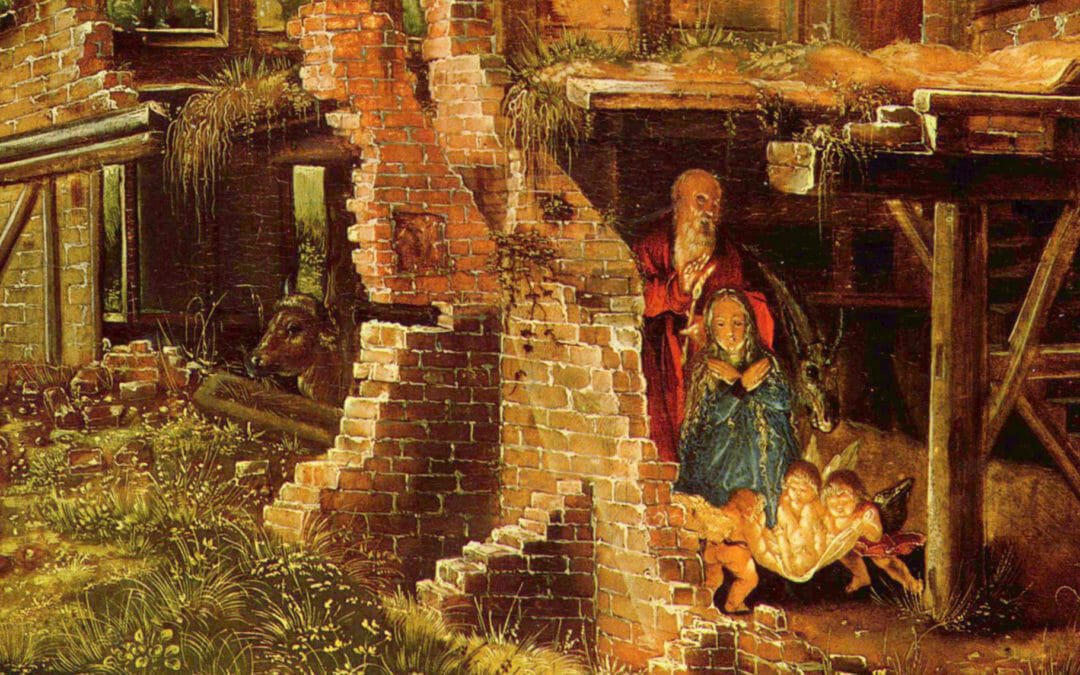
How can we slow ourselves down and draw things out enough to reflect on the meaning of Christmas, when the season seems to be even more sped up than usual?
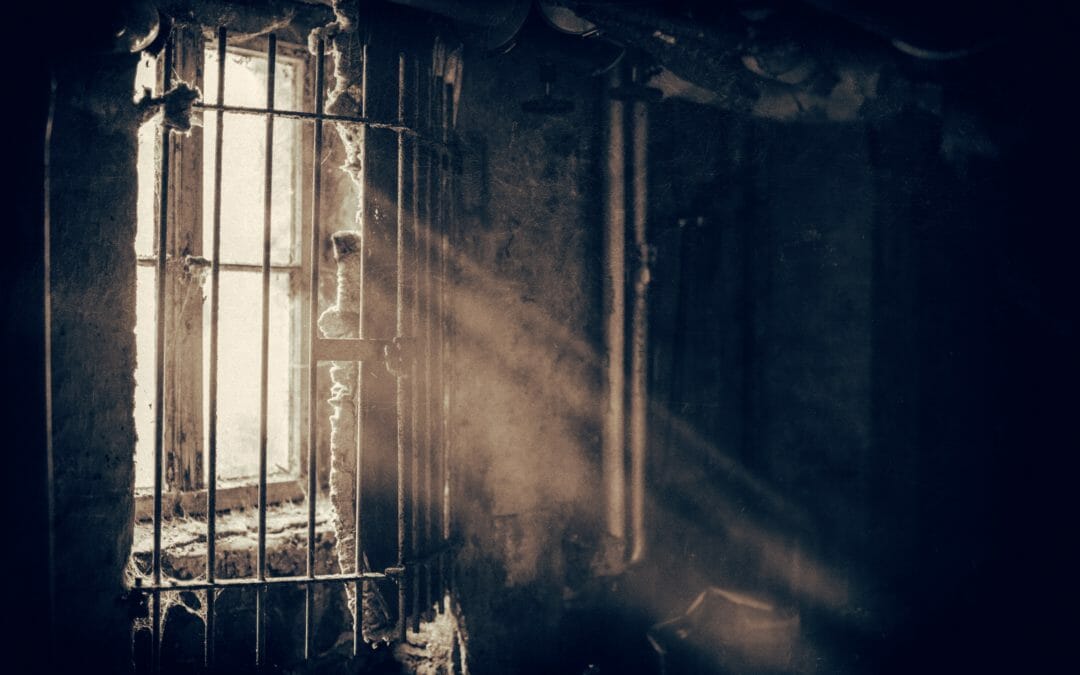
The gospel plays out in a world well acquainted with the jailhouse blues, yet the Resurrection beckons with a different song, soaring above our longings and our loathing, above our angst in life and our cries in the night.

In God’s world and in God’s time, the darkness shall not overcome the light and good shall overcome some day. And so, we continue to sing with gusto our faith that “We shall overcome some day.”
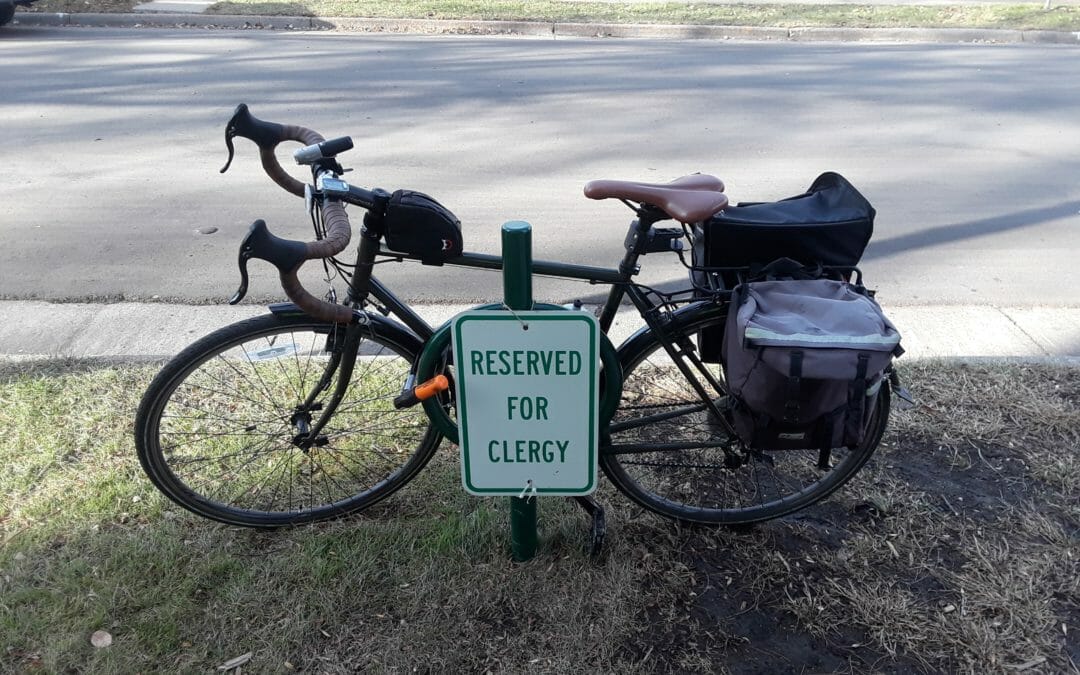
One evening several Christmases ago — not too long after I had resigned from my pastoral position — I started compiling a list of all the things I thought would make for a flourishing pastor-congregational relationship. As I looked over the list, I realized that I had created the perfect top 10 guide to giving gifts to pastors.
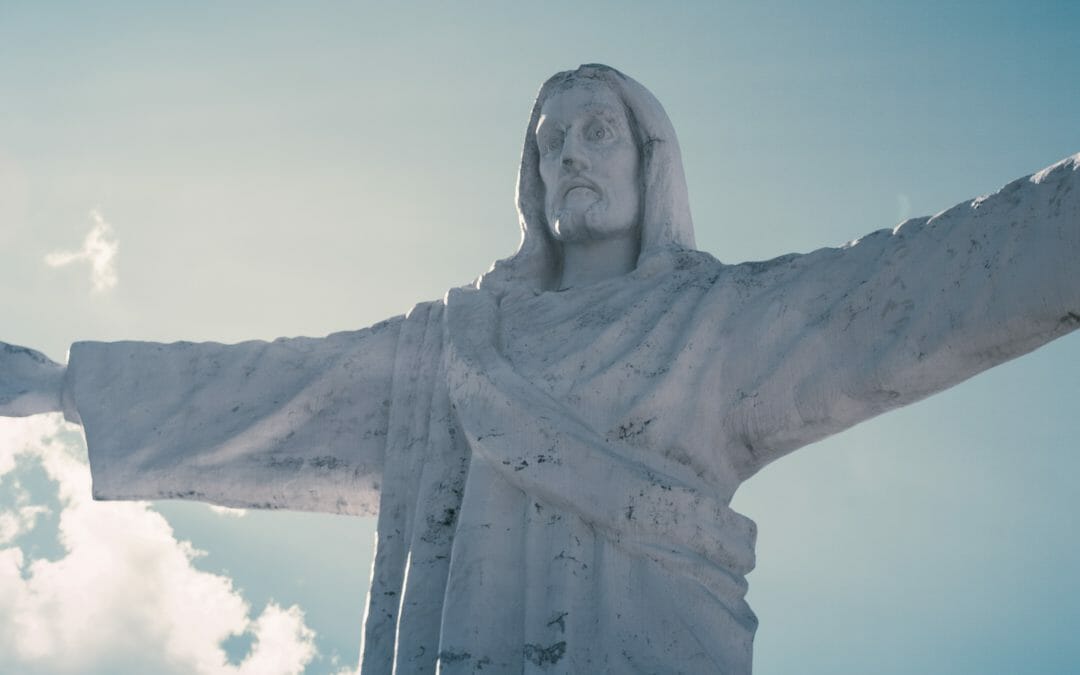
Advent reminds us that we continue to wait for Jesus’ coming. In the waiting, we must remain engaged in the work, humbly advocating for and serving all of God’s people, but particularly those who are marginalized. This is our calling. I pray that we are found faithful.
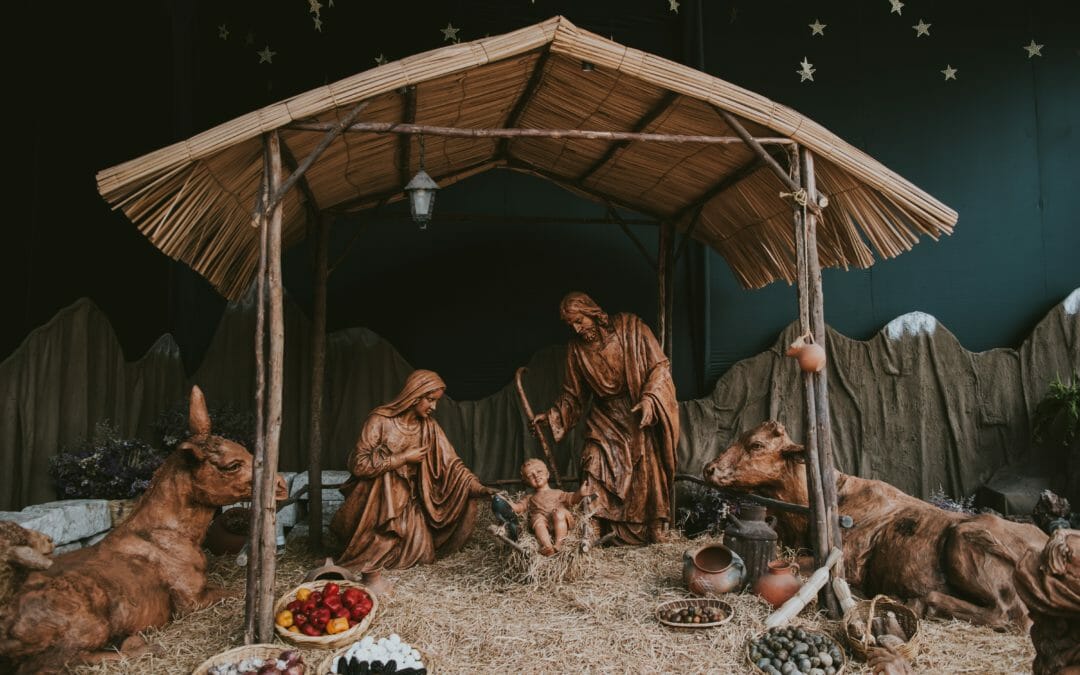
To understand Advent, we must reflect on Lent. Lent is the vigil that culminates in Easter. We would do well to treat Advent as a period of grief that culminates in Christmas.

Research shows “two in five Americans sometimes or always feel that their relationships are not meaningful and that they are isolated from others.” Companionship is a response to this social isolation and loneliness. A Companion is a person who shows kindness to those that they encounter; they are a neighbor to someone in distress.

As the protests continue all over Hong Kong, and actions are intensified each day, people begin to wonder what the solution would be to maintain “one country, two systems.” The Hong Kong protests are only one of many protests happening around the world. What should be our voice as a community of believers at this moment in history?
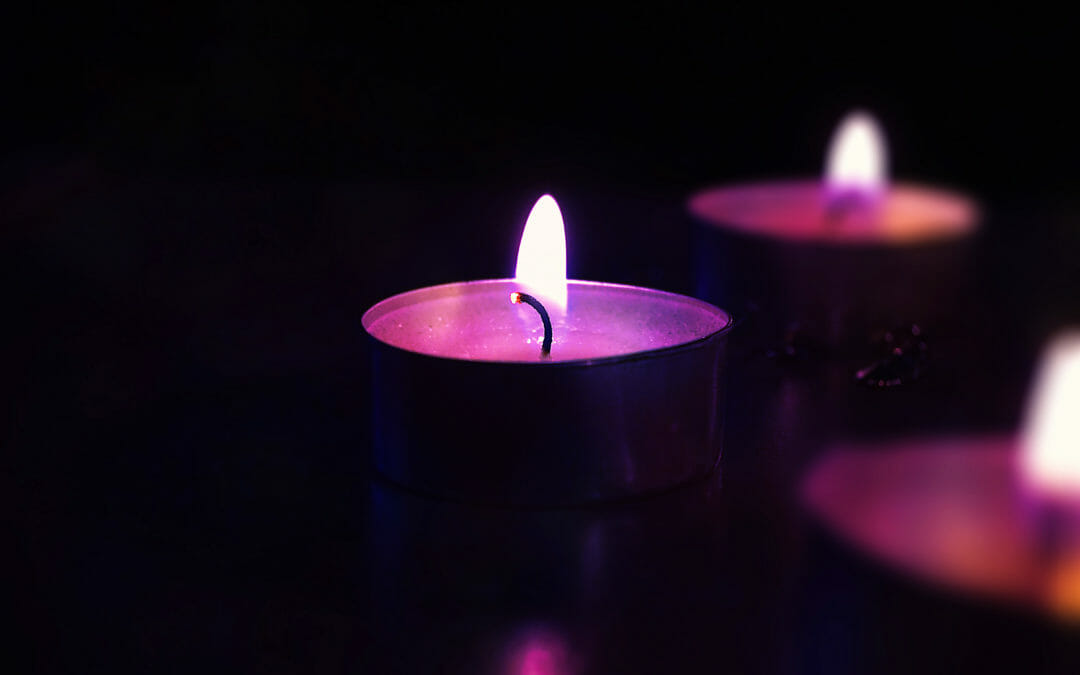
In the Western tradition, Advent is a season of anticipation and preparation for the celebration of Jesus’ birth and for his awaited return. Although liturgical scholars sometimes argue the point, Advent is commonly associated with purple as a penitential season. It is the ideal time for people and communities of faith to ponder how often we have denied Christ through our actions.

Perhaps Star Wars and Advent can teach us that while we are entertained now with movies and Christmas preparations, we are part of something greater than what we see. We are called to resist the empire of this world, and prepare for the true kingdom, the beloved community of Christ.

In this Thanksgiving season, let us remember that the church has the power and responsibility to restore, empower and include the poor and forgotten. Prayerfully consider how to de-emphasize social class distinctions while learning instead to affirm and embrace the concept of the imago dei, the belief that all humans are made in the image of God.

For better and for worse, your family through the generations has shaped you. Even the family members who push your buttons have strengths that have helped them navigate the world, even if their views and choices are radically different from your own. They may have something to teach you, if you are open to learn.

In Isaiah 55, Isaiah offers a vision of hope to the returnees of Israel. They see the devastation, and have a hard time believing that Jerusalem has any good left in it.
While proclaiming hope for the people and their homeland, Isaiah offers a vision for all who thirst, who hunger, and who seek the better path.
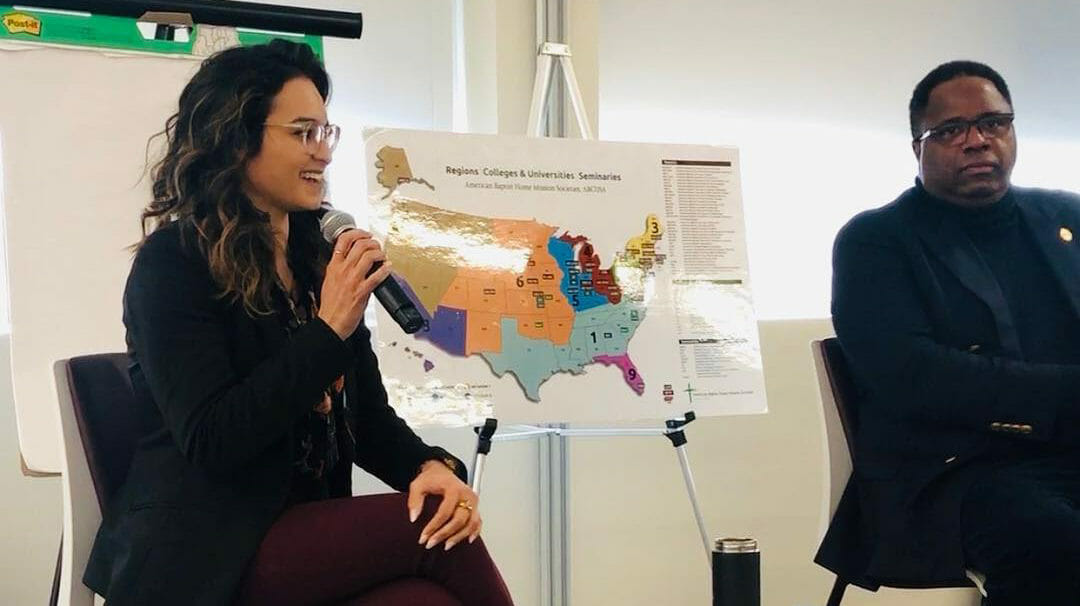
I encourage you to dream bigger than you’ve done before because that is where God shows up. If your vision isn’t bigger than you, go and find a larger one.
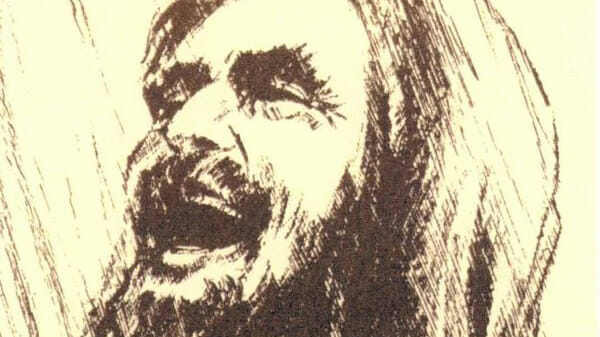
Every culture has recreated Jesus. The most important missing quality of his personality is laughter. Where is the joy?
God laughs. Celebrate that God laughs and that you were meant to laugh too.

Many people assume that politics and religion, like church and state, are supposed to be separate and unconnected. I argue the opposite. Loving faith communities provide a unique context for people to discuss the issues that divide us in mutually respectful ways.

Washington and Jefferson believed that the Capitol’s appearance should reflect the fundamental ideas of the new government—national union, the bicameral legislative bodies it housed, and accessibility to all Americans.

We have too often relied on rote mimicry where faith is concerned in hopes that our children would simply follow in our footsteps. However, the children who are coming of age now want to know why.
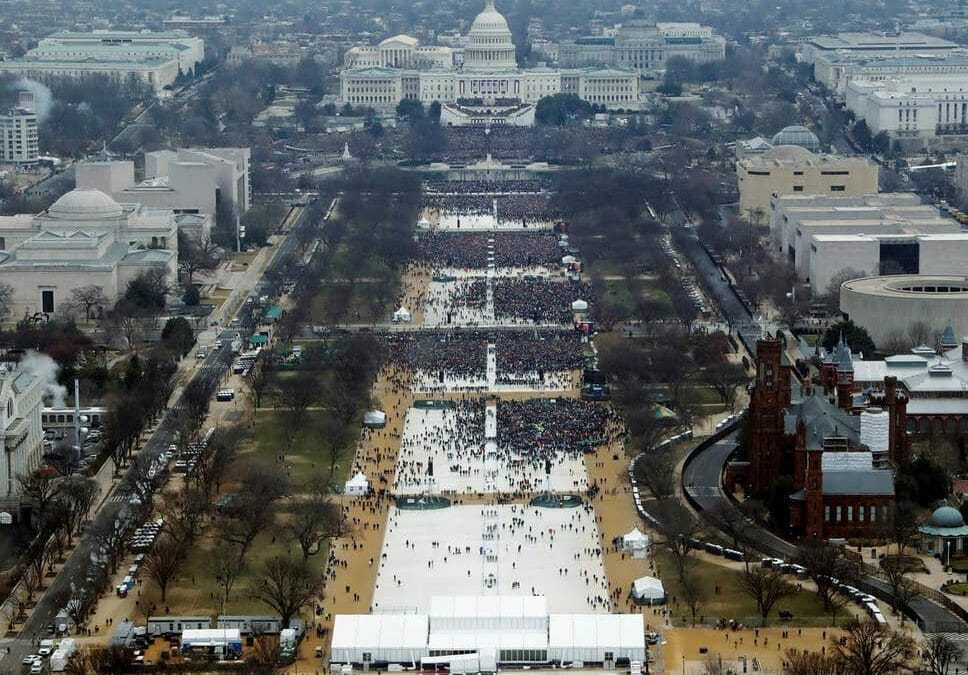
Bigger does not mean better. More followers do not mean the way is good or right. Sometimes the worst or most extreme causes attract large numbers. Bigger numbers do not mean something is more true, right, or correct. That is the way of the world, which places a high value on large followings like multitudes. The way of God is the good, the right, and the true. That way may be embraced by only a few.
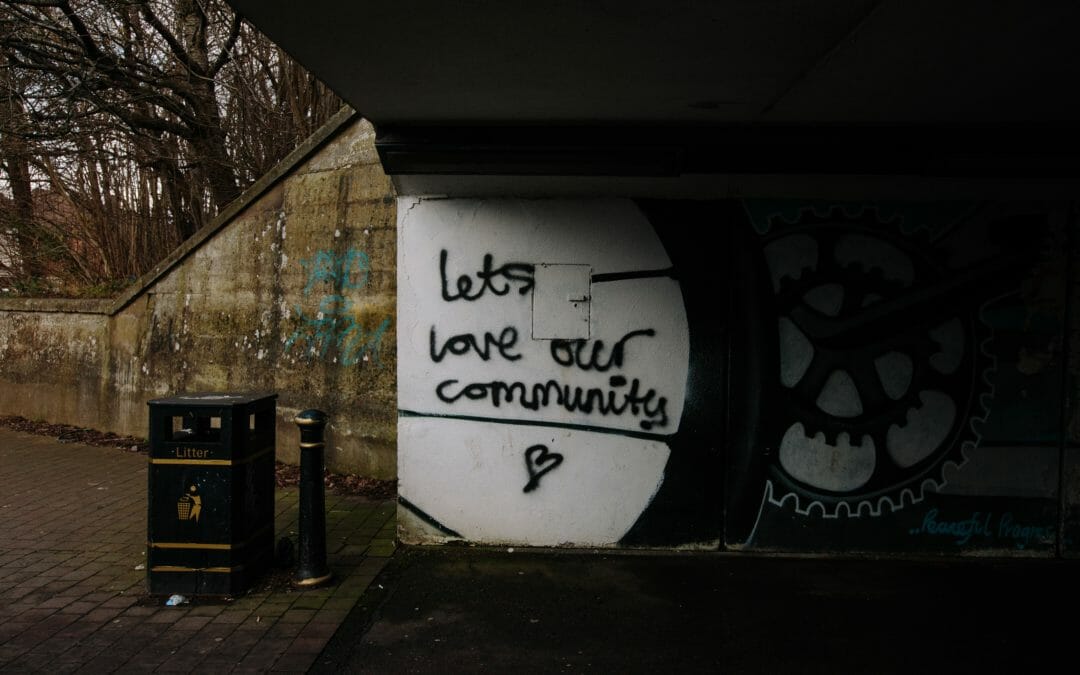
Imagining how politics could be otherwise begins with recovering the political claims embedded in the familiar language and practices of Christian worship.
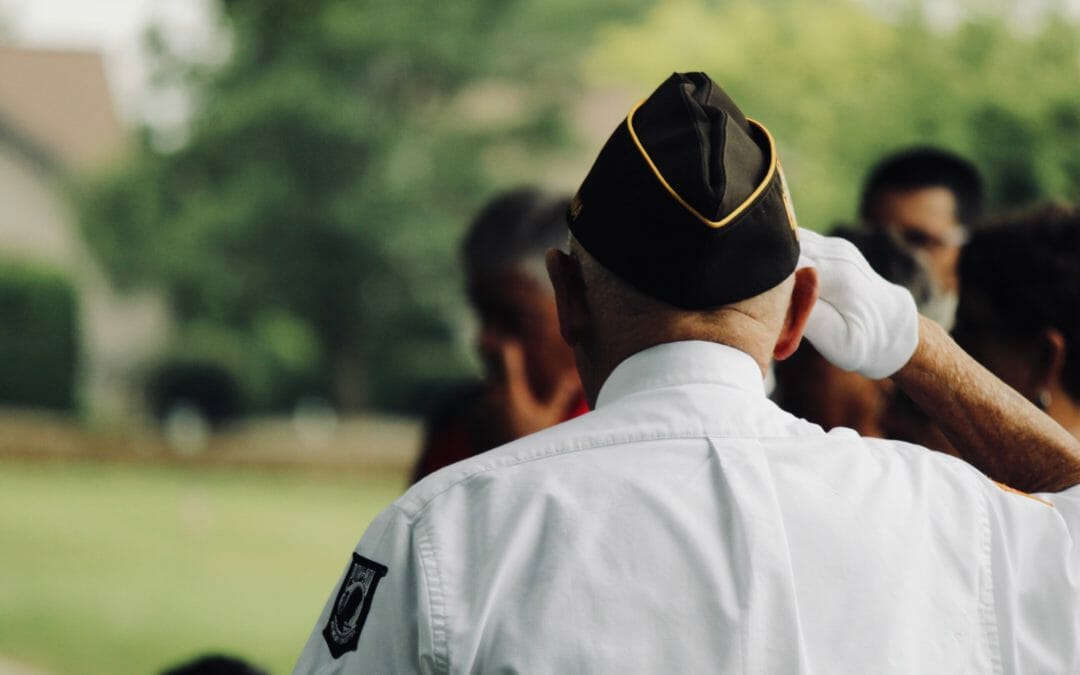
Caring for veterans is a social justice issue. They have endured the rigors of war and military service. Many come from lower-income backgrounds in rural or urban America. In short, you don’t have to be pro-war to care for the veterans in your community of faith.

There’s a fascinating, oft – overlooked parable in Judges 9. It might be one of the most profound teachings about political power and who we trust to rule found in the scriptures. As we see political chaos in England over “Brexit” and in the U.S. amid impeachment deliberations for presidential abuse of power in relations with Ukraine, it raises questions about who we choose to lead our governments and why.
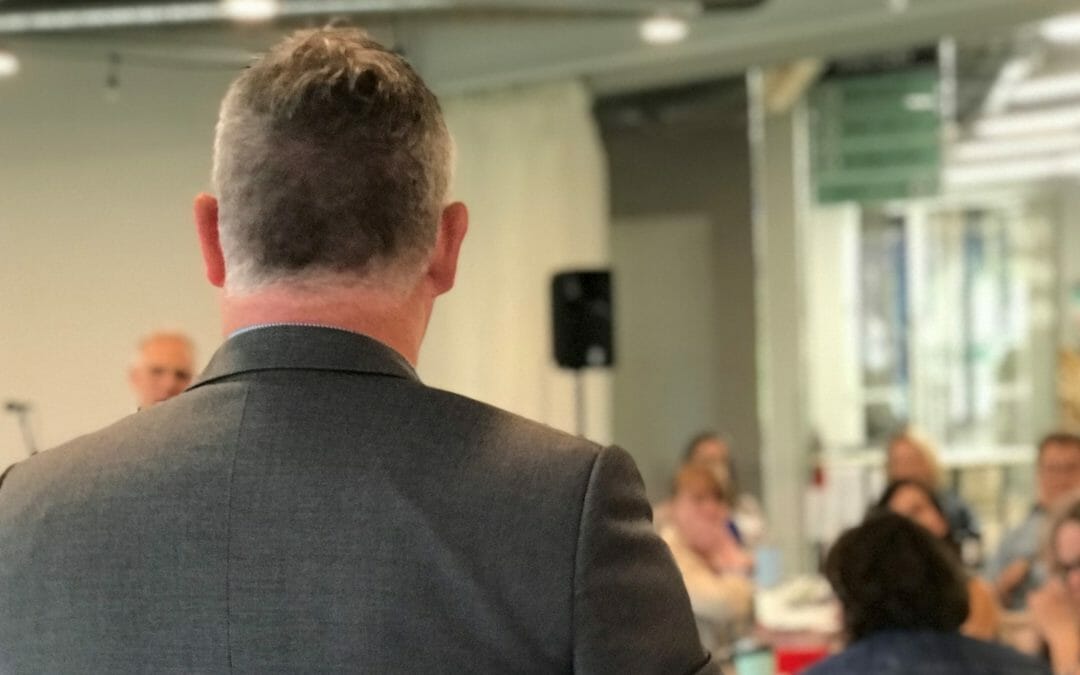
If we want our work and efforts to be relevant, significant and impactful to the communities and people we seek to serve, then we must make hard choices. Otherwise, what we do may sound good, even do good, but still not be on-target to what we set out to achieve—nor to what we need to do.

Humor is the one thing that can help us let go of that inability to forgive because it highlights our commonalties. When we laugh with someone, whether it is a stranger, a friend, or an enemy, our worlds overlap for a tiny, but significant moment.
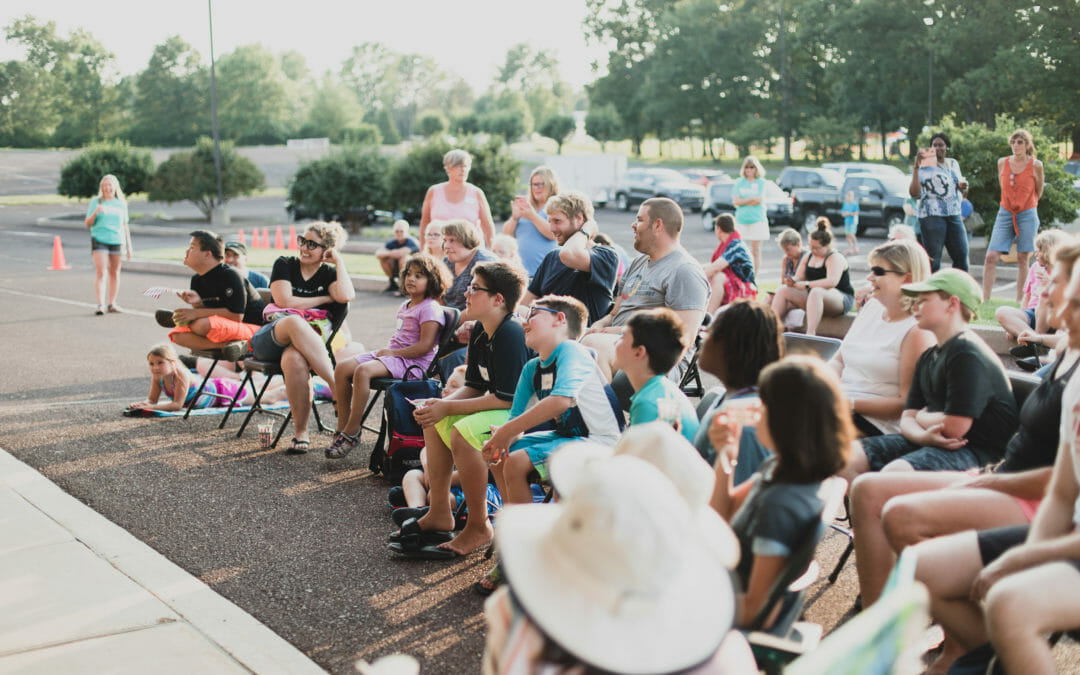
This is where my journey with volunteering with children with disabilities has led, acknowledging that we are all made in God’s image. Although some of us are circumstantially forced to trust and be dependent on human caretakers, all of us are called to live with struggles, and trust the ultimate caretaker God.
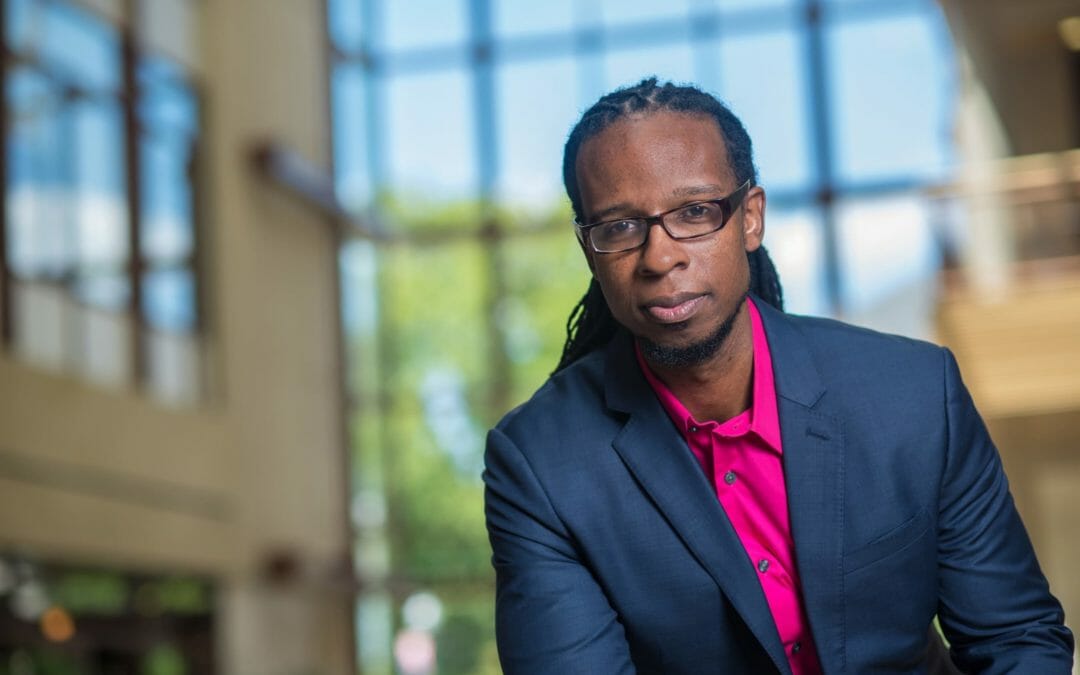
“How to Be an Antiracist” is Ibram X. Kendi’s critical, contemplative, and honest prescription for healing America of “one of the fastest-spreading and most fatal cancers humanity has ever known”—racism
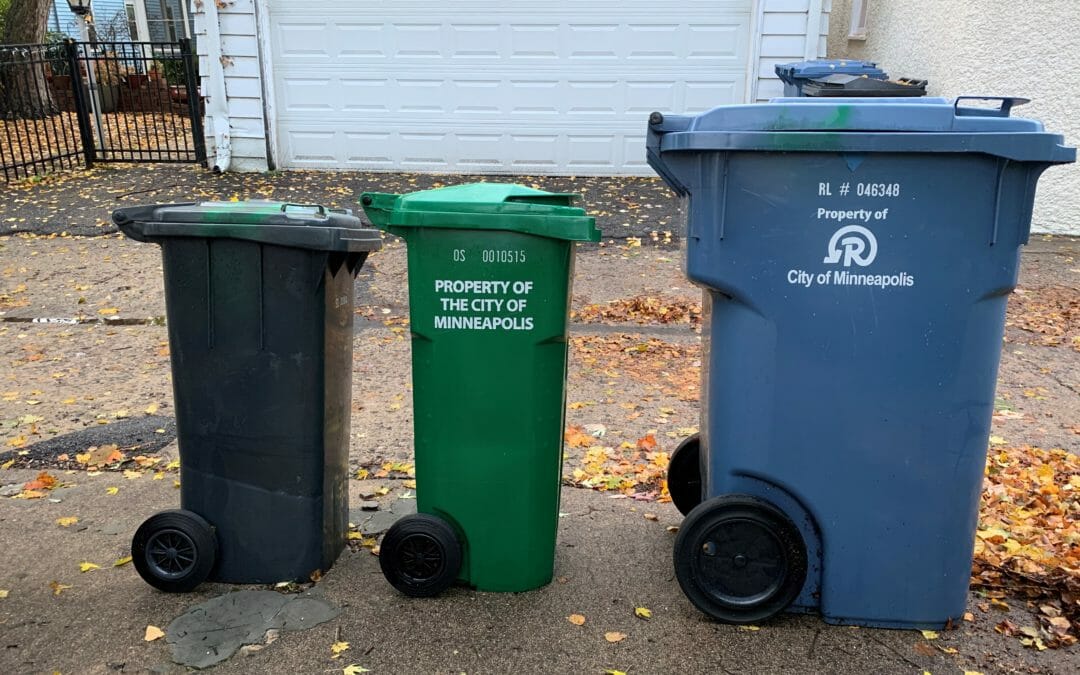
It is ironic that an institution that places such an emphasis on beauty from stained glass, to art, to music, is not front and center on the global environmental crisis. Here is an opportunity to take the lead on this issue. What if local churches put trash in their mission?

I must confess that I don’t often know with any semblance of clarity what God does and does not do. Earlier this summer a family member ran over our cat. The cat was asleep under the car. The person driving couldn’t have known the cat was there. The incident was traumatic for the entire family as well as, I am sure, for the cat. Here’s my question, “Why wouldn’t God wake a sleeping cat?”
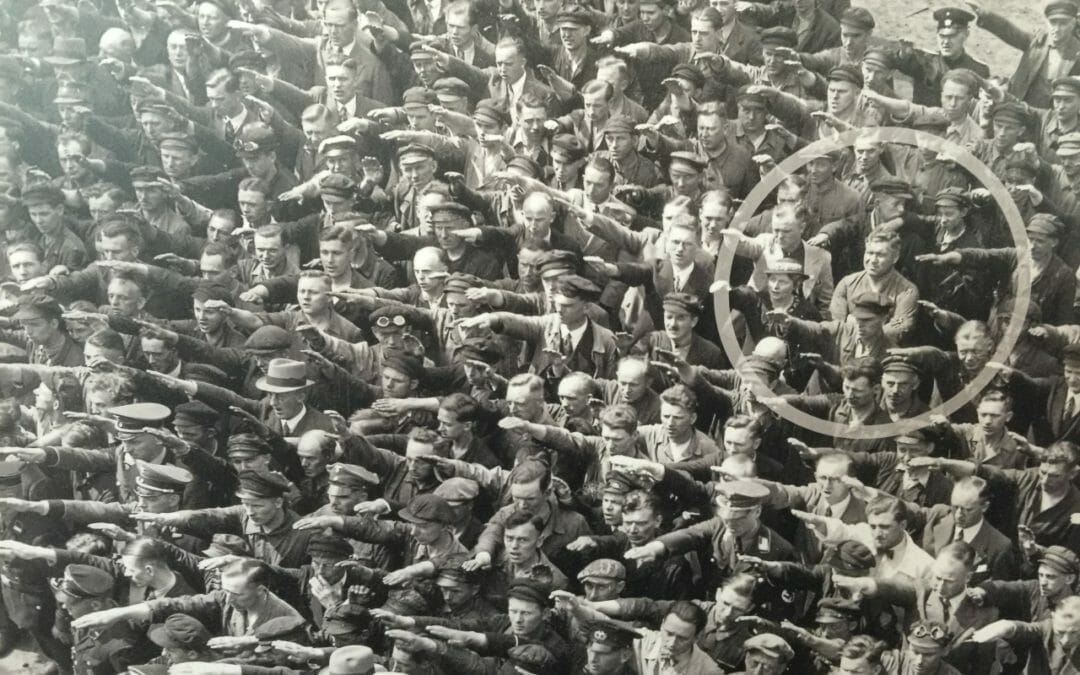
Christians are not called to traffic in crowd-thinking. They are called to follow a lowly Galilean named Jesus, whom we claim as Lord in our baptismal vows. And following this Jesus requires faithfulness, which is antithetical to the ethos of crowds.

The movement to end mass incarceration is a bold and audacious undertaking. However, it is far past time for the body of Christ to step into this movement.

The voting power of African Americans will prevent any “Redemption” by white supremacists from ever being successful in this country.

What do we believe about ministry? What do we believe about our own capacities to be one human being without being taken down by the multiple demands (and persons) vying for our time? Is self-care something that comes when we have time for it, or should it be at the forefront of our daily schedule without fail?

Christian leaders can be too nice. We’ve internalized the message, “If you can’t say anything nice, don’t say anything at all.” However, sometimes leadership requires more than being nice. In fact, as far as I’m able to tell, the word “nice” does not appear in the Bible.
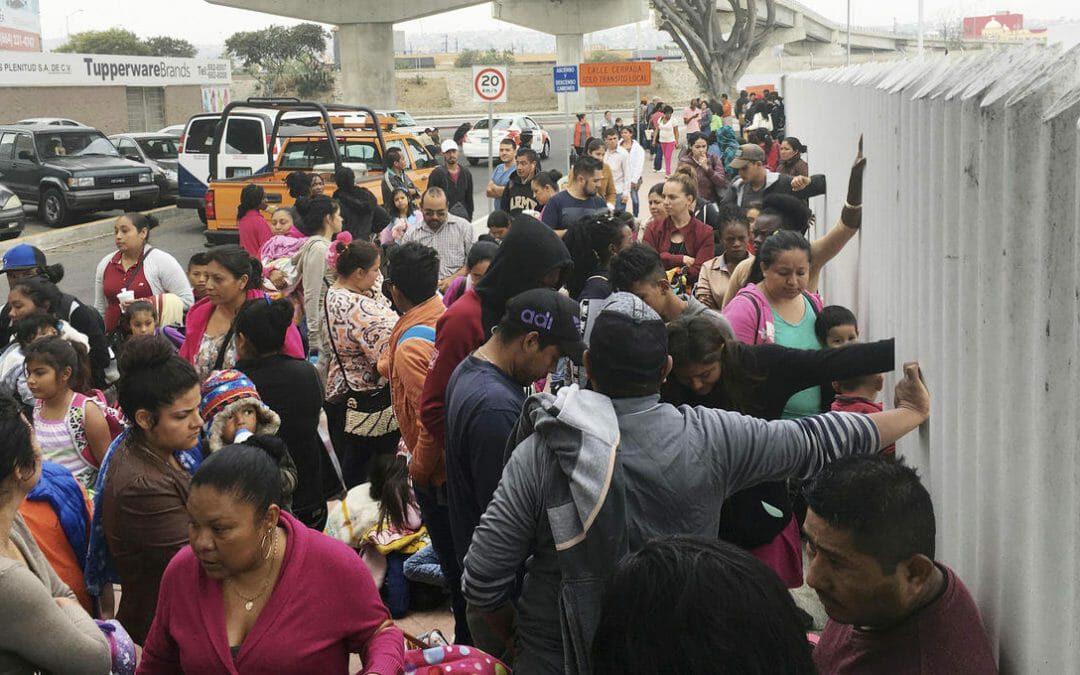
Remember the moral and prophetic foundations of the biblical call to care for the stranger and refugee, as children of God, rather than being feared and vilified for their race and poverty, and treated as if they are enemy. Somewhere, in our family histories, we have all been strangers and immigrants, and may be yet again in the future.

I want to see the church flourish and as such, we all need to have some tough and courageous conversations about what is not working. Courage requires us to face our fears so that we can collaboratively seek new solutions and save our churches.
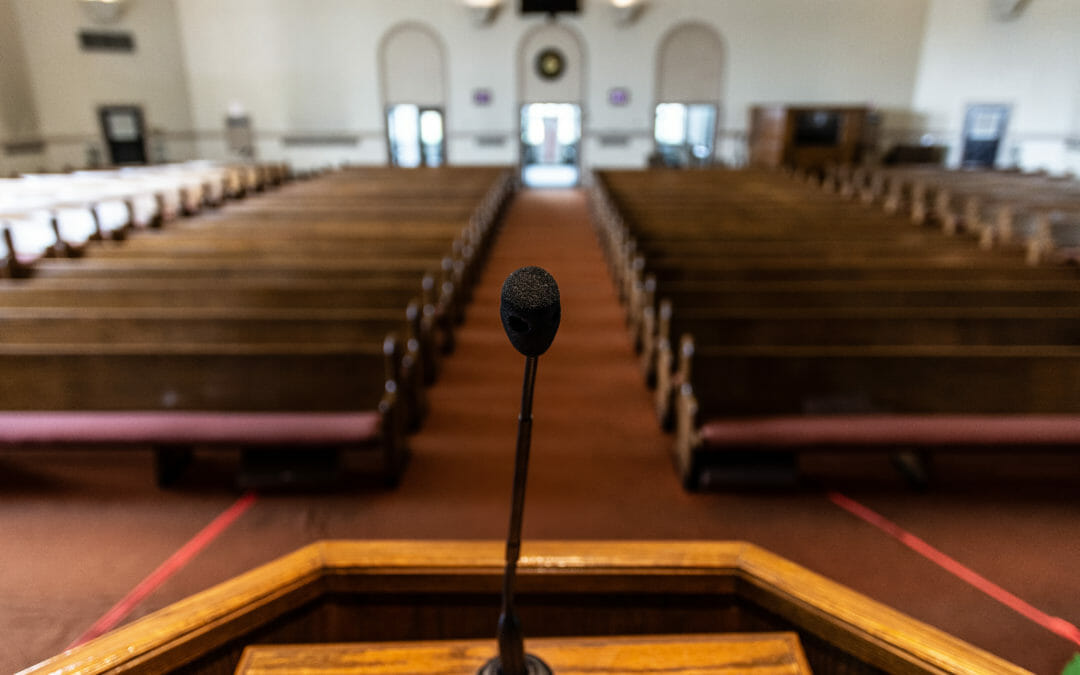
How many sermons have you heard on mental health or suicide? Most likely none. And yet, the national suicide rate has increased 33 percent between 1999 and 2017. This is a public health crisis.
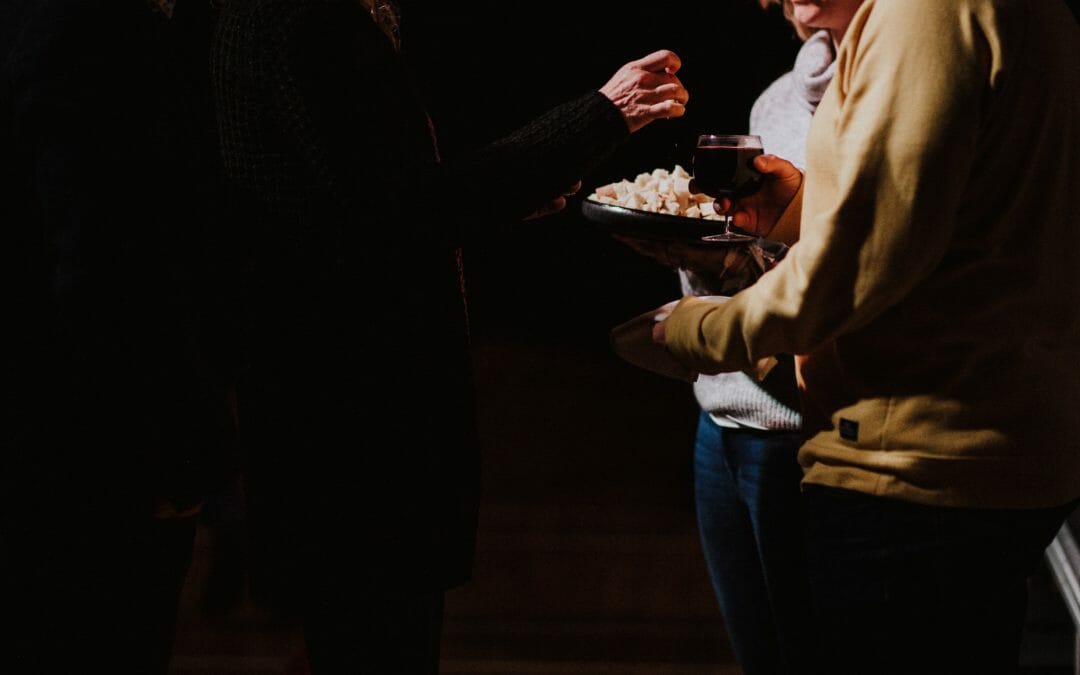
World Communion Sunday is observed every first Sunday in October. World Communion Sunday offers reflection on God’s redemptive act in human history and brings to remembrance our collective calling as followers of Jesus Christ.
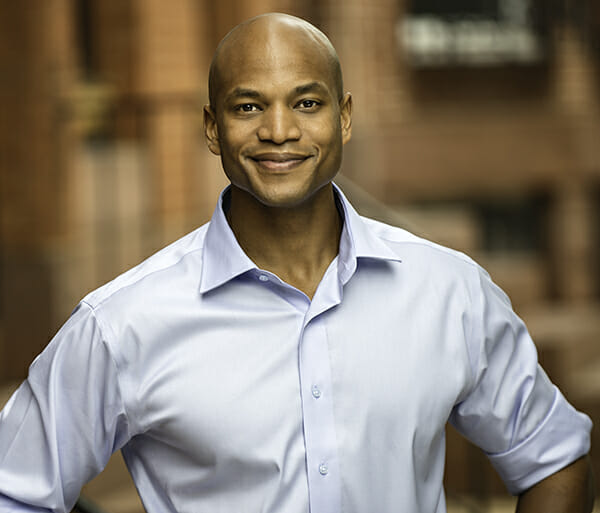
What lies at the root of how and why these two lives, rich in superficial similarities, took dramatically different paths? When does a second chance become your last chance? What responsibility do we have for ensuring that all children have access to the resources they need to succeed? What small thing, what life occurrence, has the capacity to condemn or redeem a life?

Hoy la tarea de reconstrucción continúa, tal vez no con la intensidad de los primeros días, pero sí con la misma urgencia,

Today reconstruction efforts continue, perhaps not as intensely as in those first days, but with the same urgency.
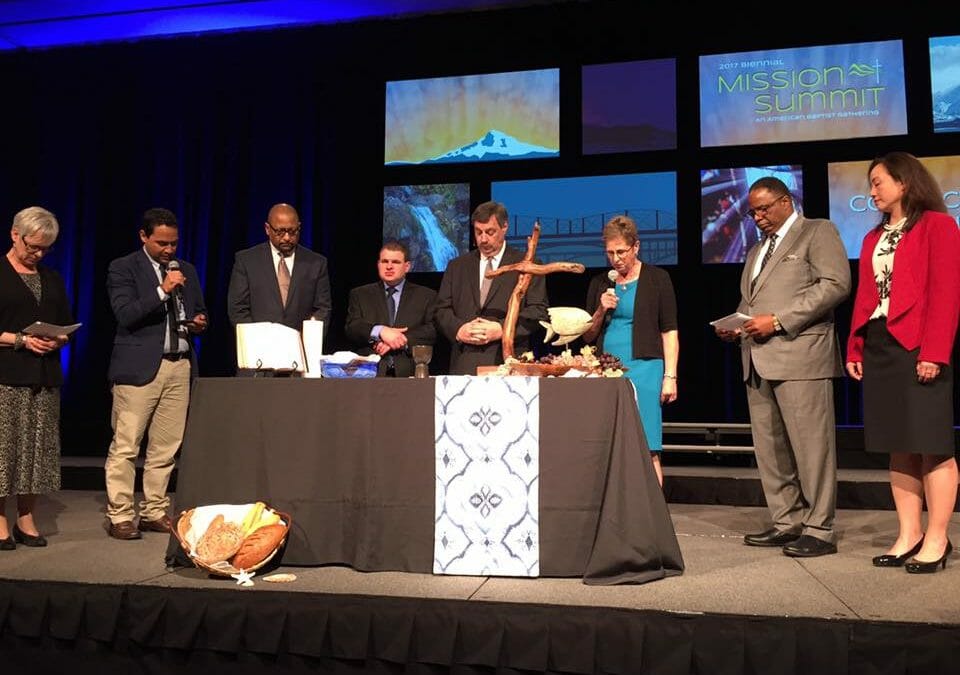
Having taken a slightly early retirement in January of this year from full-time ministerial responsibilities, I found myself meditating on my ecclesial roots. I am an American Baptist. But why? And so, I found myself reentering the story of my pilgrimage.”
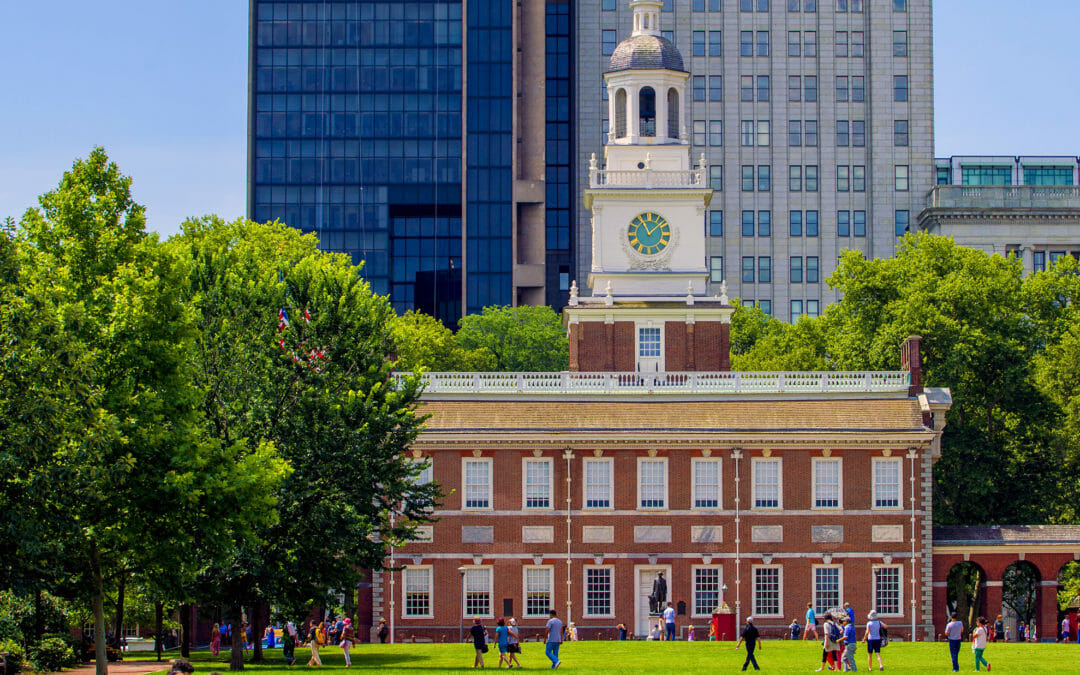
The word compromise is a loaded term with multiple and even opposite interpretations. Yet compromise in the best sense—in society or in the church—occurs when people are willing to yield their position for the good of the whole.”
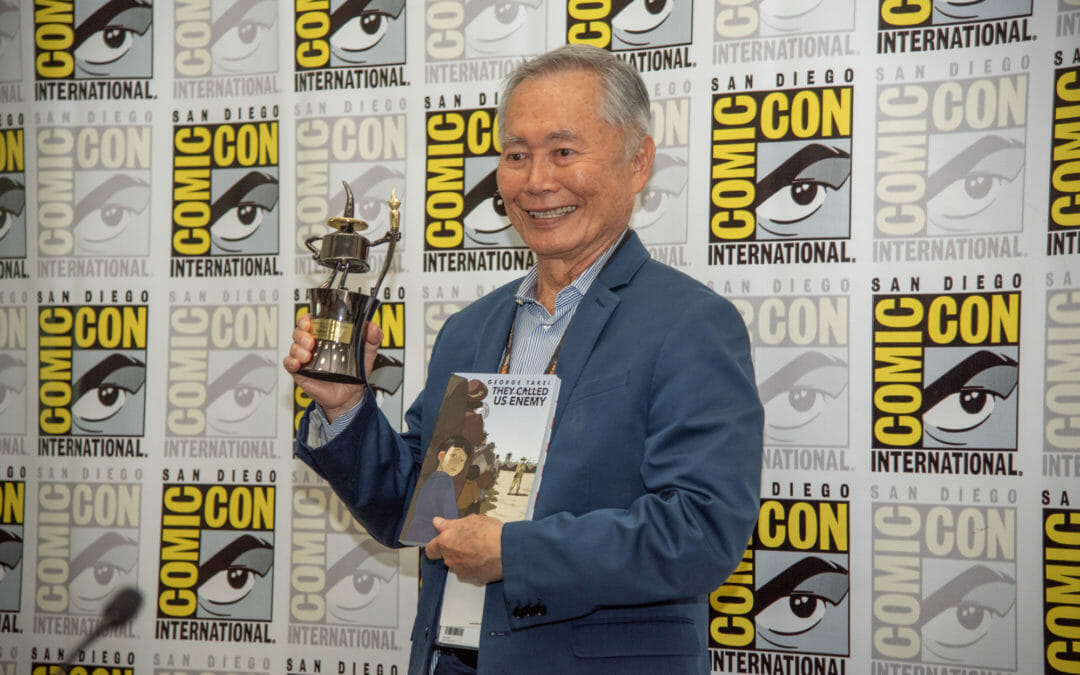
Actor and activist George Takei uses his public profile to tell of his experiences growing up in the United States, particularly through the lens of his early years being interned during the Second World War. Most recently, Takei tells this story through his new graphic novel, “They Called Us Enemy.”
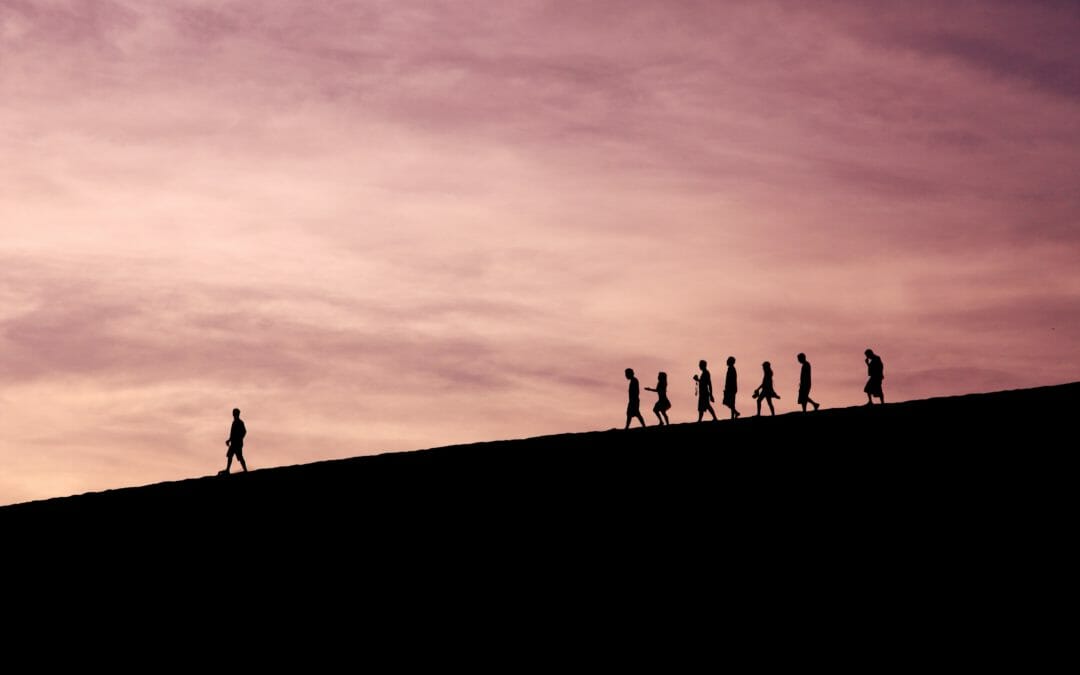
Anxious groups make sometimes make decisions too quickly—the rush to judgment. Or they make decisions too slowly, unable to take a risk of any kind. What’s a leader to do? Remember that not only is anxiety contagious, so is calm.”
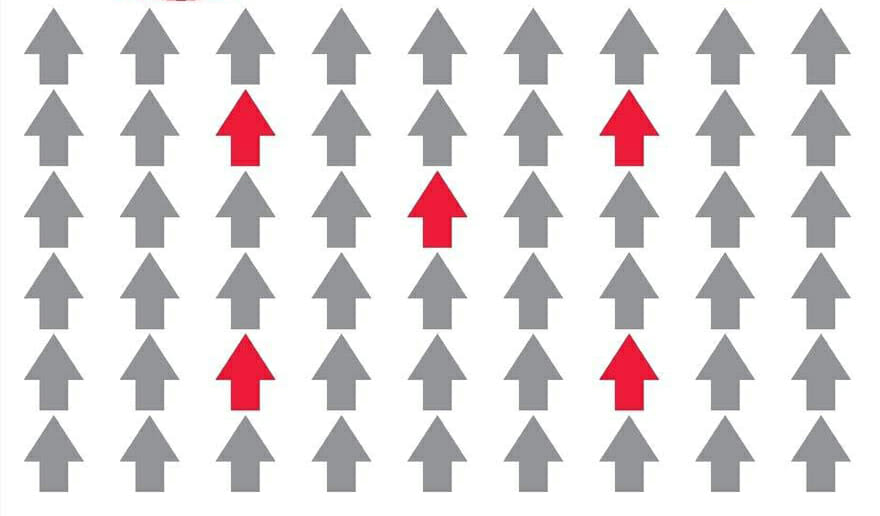
“8 Virtues of Rapidly Growing Churches,” by Matt Miofsky and Jason Byassee, shares some of the values and processes found to be common among churches that have significantly grown over a short time period. The authors don’t propose that churches should expect to grow rapidly if they adopt the practices of these churches. They suggest instead that church leaders can learn from the experiences of these churches in ways that may open up new possibilities for their churches.

Is American Christianity oppressive? Many would say a resounding yes. As rhetorical as the question is, we need to address the oppressive nature of American Christianity, by looking at the aspects that shape American Christianity.

Resilience — that’s the Hurricane Maria story that teaches us, so powerfully, about the humanity we all share.
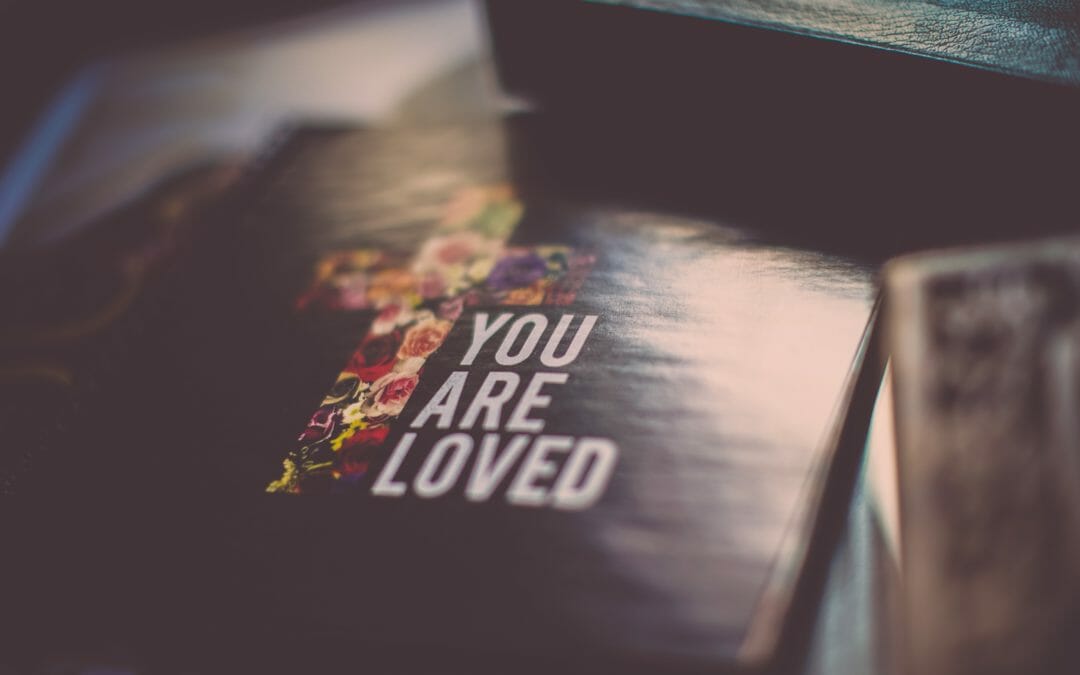
If the church demonstrates healthy relationships, assembles diverse individuals (no matter the background), serves the poor and marginalized, and helps equip its congregants in leadership and discipleship, our communities would reflect hope and positive change. On a micro-level, if we would be bold and become effective in our own spheres of influence, our communities, households, jobs, and schools would be transformed as well.”

If the authors of the Bible got away with not just grieving, not just doubting, but accusing God of leaving them, why do we today equate normal grieving as “taking it hard” and doubts as “a lack of faith”?

Complementarity speaks of “equal but different” ministry roles, recognizing that while women’s equality and worth before God is fully respected, men and women are given different functions of ministry corresponding to an inherent God-given difference in gender. Admittedly, the argument created some ambivalence for me.

The church has the chance to return to the Sunday School Movement to uncover its passion and power to challenge culture and change lives. Returning to the roots of Sunday school compels us to boldness in trying new ways of sharing the gospel, in actions as much as—or even more than—in words.
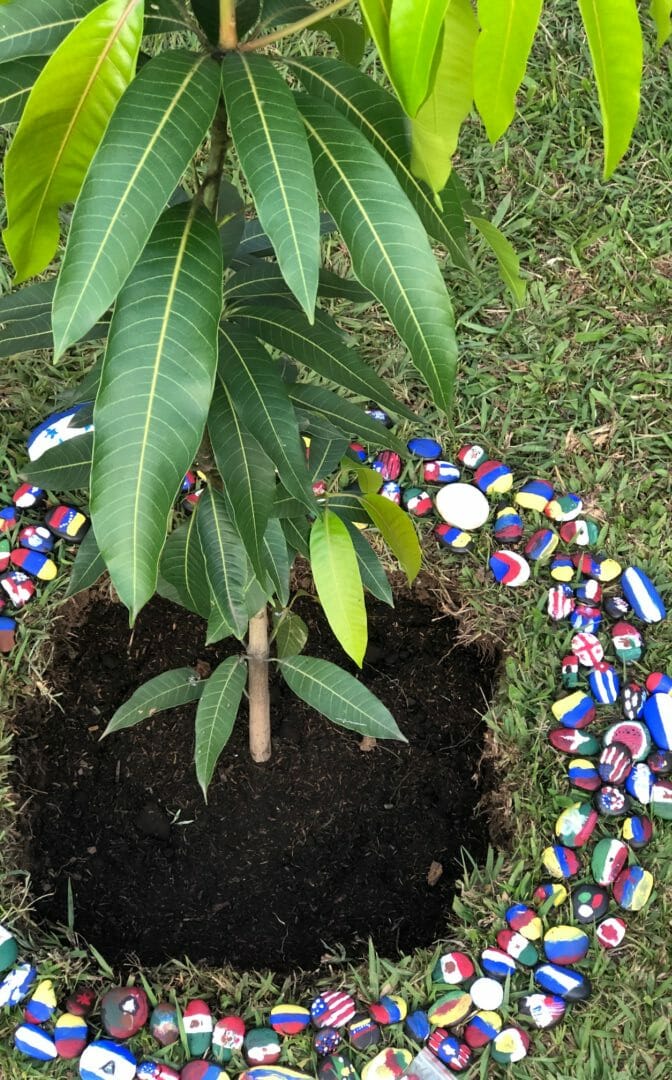
“What does peace mean to you?” A no-brainer, I thought at first. Peace is the absence of war. Simple. End of story. Upon more reflection, however, I realized I had never considered the question.
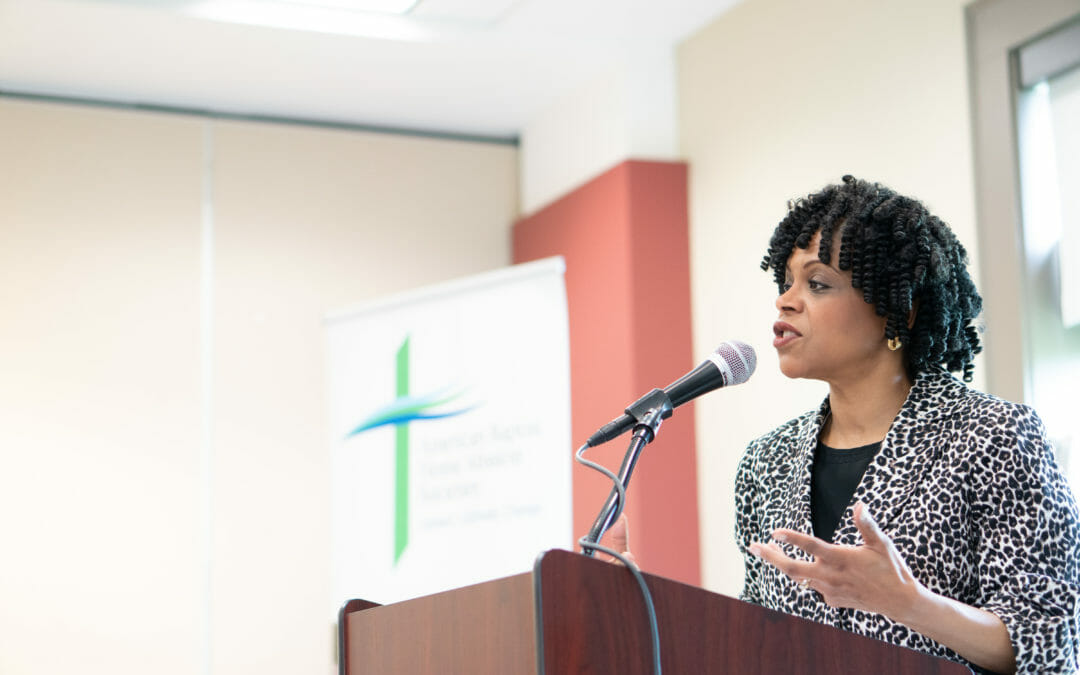
We may have differing positions on the accessibility of guns and magazine capacity. We may have different beliefs about what people can say given the freedom of speech. Our political persuasions will be different. Yet there are times when the line of ethical values is crossed, and then we must speak and act.

Christian peacemakers need to discern between comprehensive plans that offer true peace and short-term deals that simply create stability and calm by silencing the cries of the oppressed.
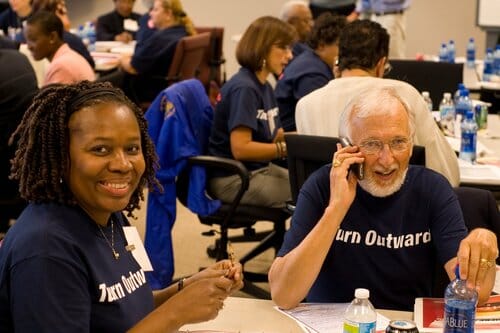
As I travel the country, I hear people from all walks of life, from all political persuasions, from all faiths and incomes, lament the state of our nation.

While the church has been successful in training individuals concerning spiritual gifts, the link between spiritual maturity and emotional maturity has not traditionally been connected.

Give the king your justice, O God” is a prayer, from Psalm 72:1. The Psalmist prays for God to give his nation’s ruler justice. We need such a prayer today. O my God, I pray for you to give our leader your justice. Indeed, may every person on the planet pray the same.”
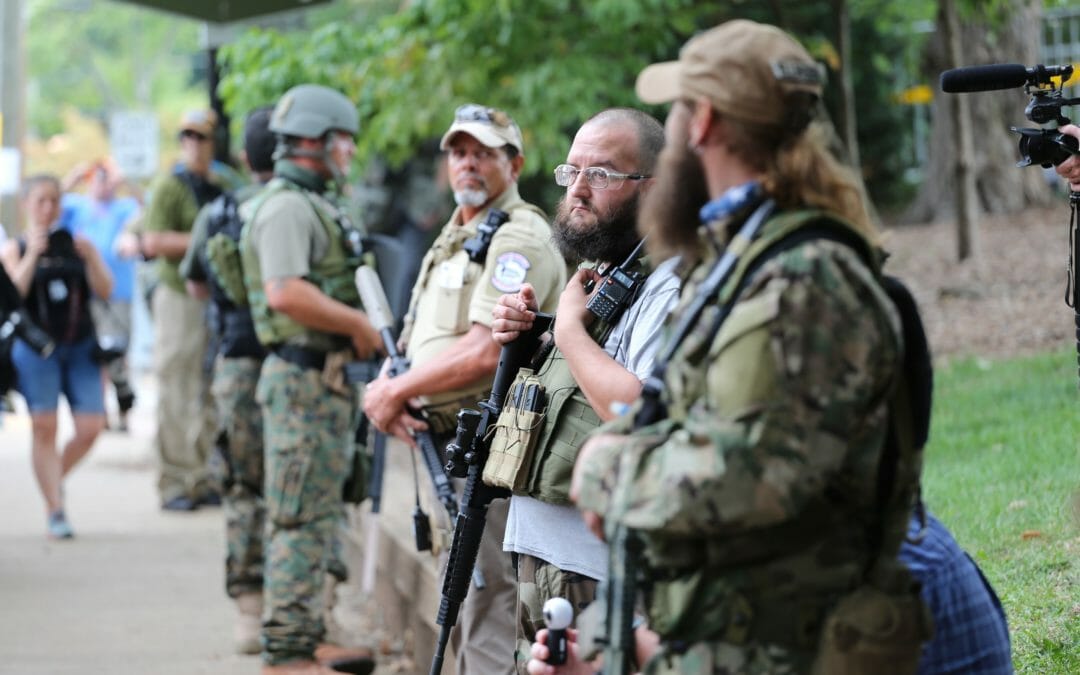
Just as the church is not limited to a particular country, language or custom, so it is not bound by time. Surrounded by a great cloud of witnesses, remembering and following in the footsteps of those who have come before us in the faith, the church in its pilgrimage on earth aspires to a better country — that is, a heavenly one.
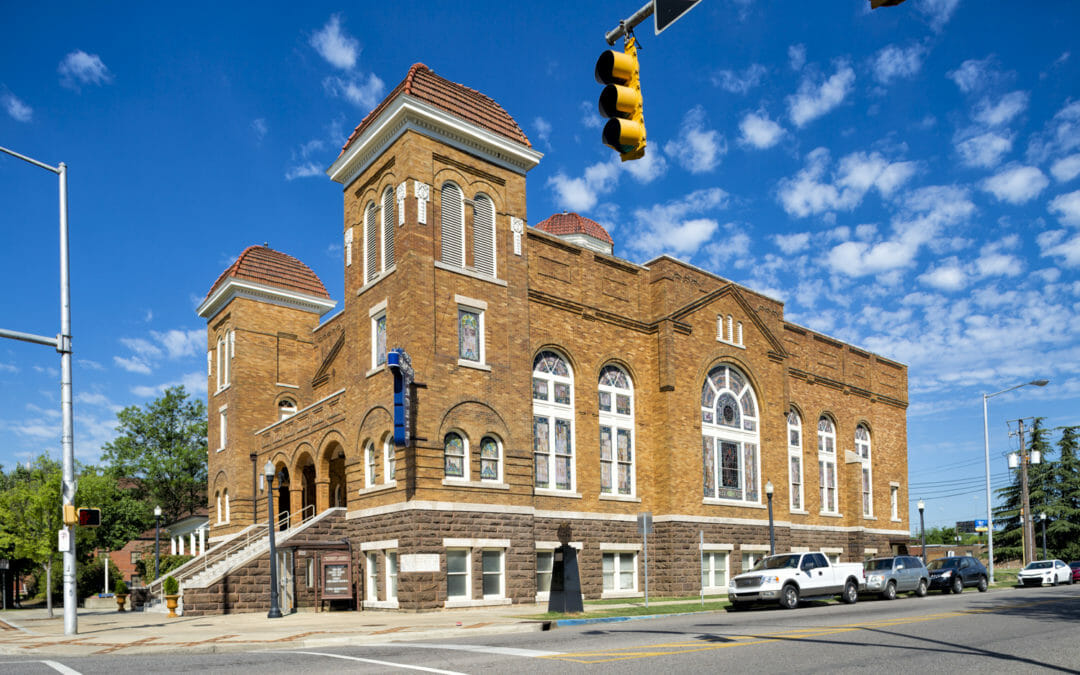
By God’s grace, all of us have the capacity to do the repairing work of forgiveness but we also have the capacity to work towards reconciliation, respect, and love.
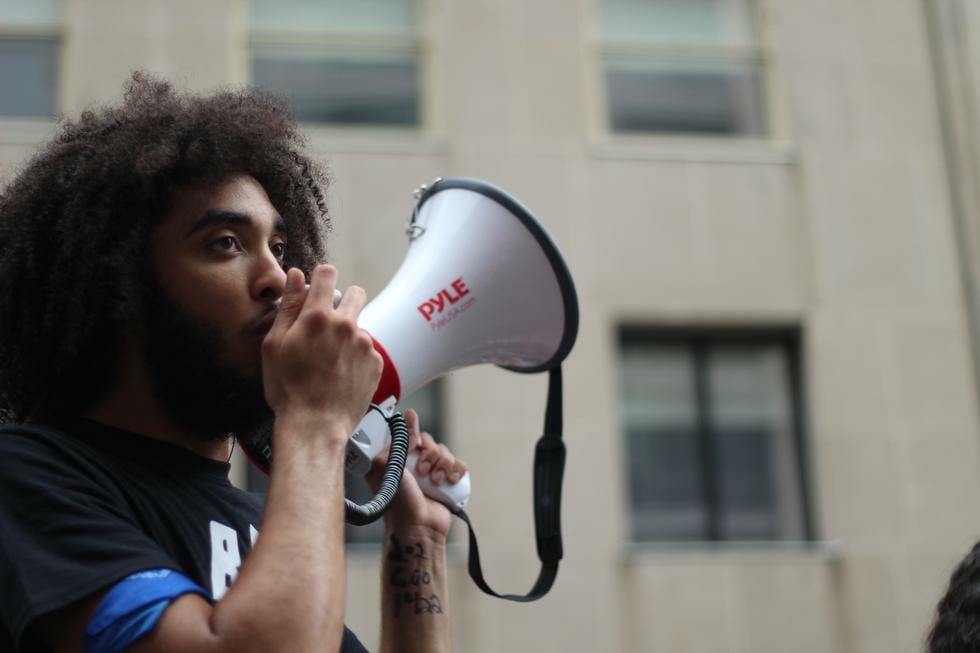
Some causes related to fairness, treating people right, caring for vulnerable persons, and respecting the dignity of all persons are not simply a matter of perspective, but are basic to our humanity, and basic to living the Christian life.
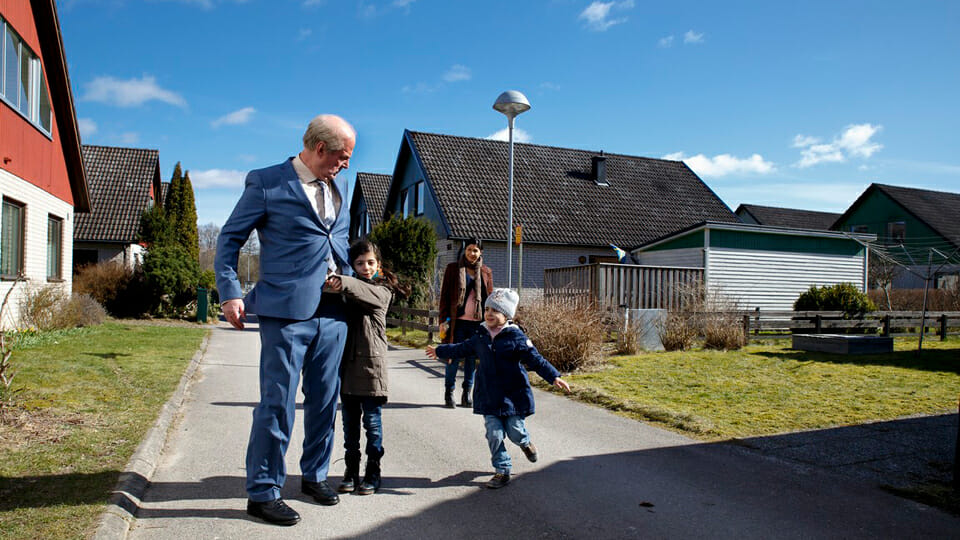
There is a reason why “A Man Called Ove” was a New York Times bestseller. In a world where people seem more divided than ever by the “principles” they live by, it is a book whose message sneaks up on you as you begin to consider not only the principles you live by, but why others hold onto the principles they do.

I would recommend the book to pastors and congregational lay leaders who are grappling with how best to engage with young adults. Rather than lament their absence or attempt technical fixes toward the adaptive challenge such engagement presents, perhaps a better approach would be to read Seel’s book together with some members of the millennial generation. I believe the resulting discussion could be rich and informative for all involved.
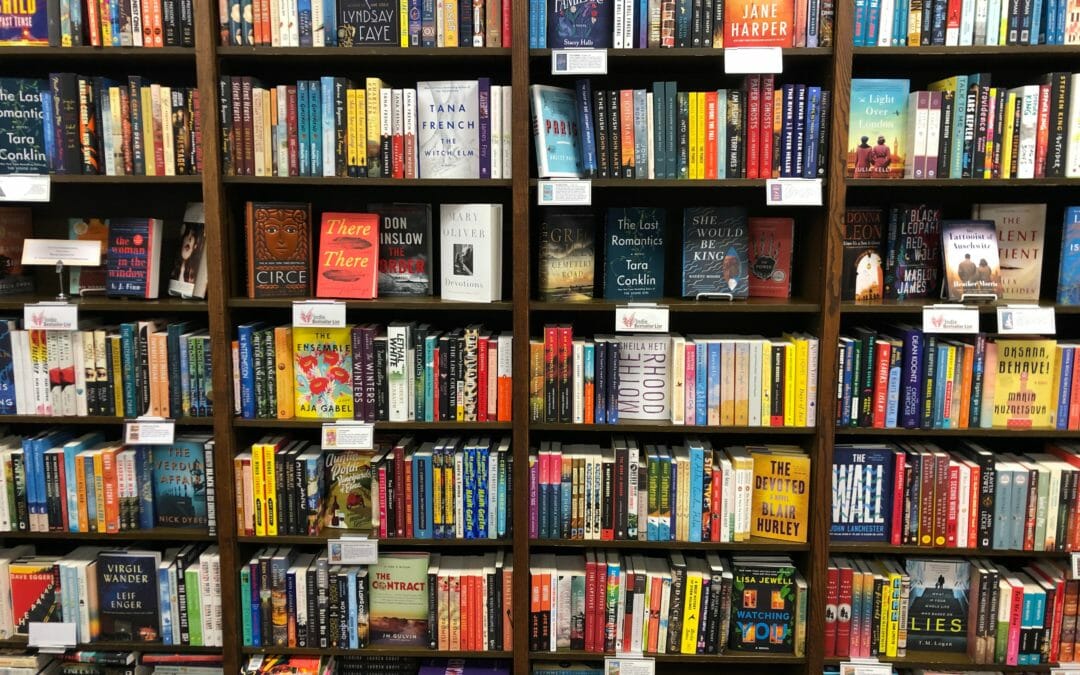
Judson Press author, Rev. H. Stephen Shoemaker lists several of his favorite recent reads.
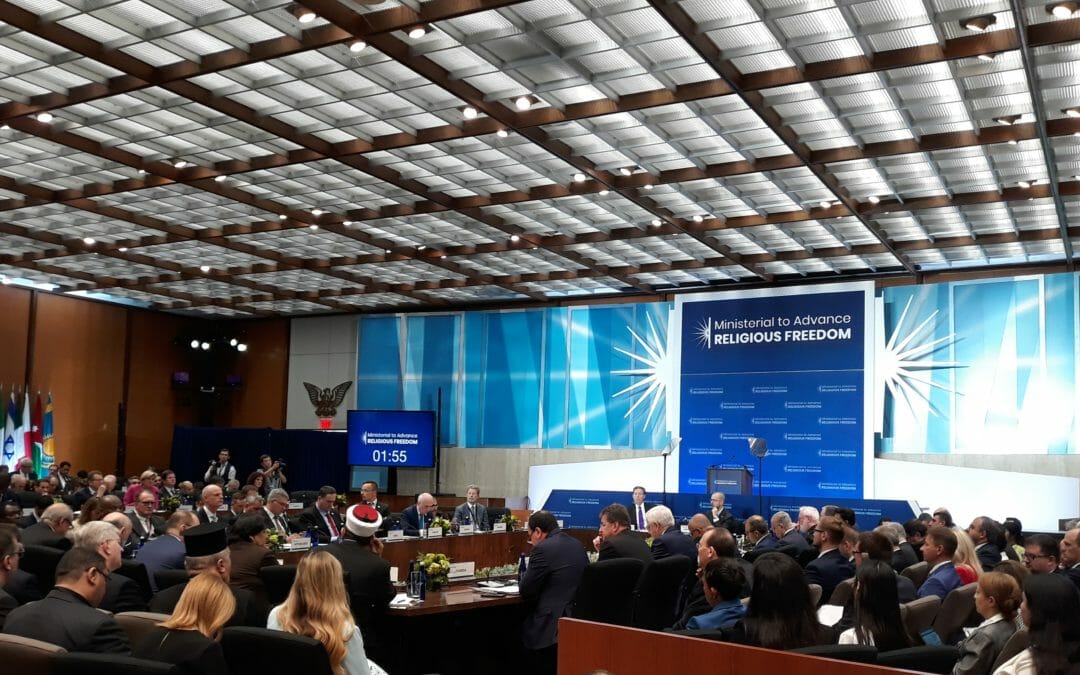
On the closing day of the second Ministerial to Advance Religious Liberty, Secretary of State Mike Pompeo announced plans to create a new International Religious Freedom Alliance.
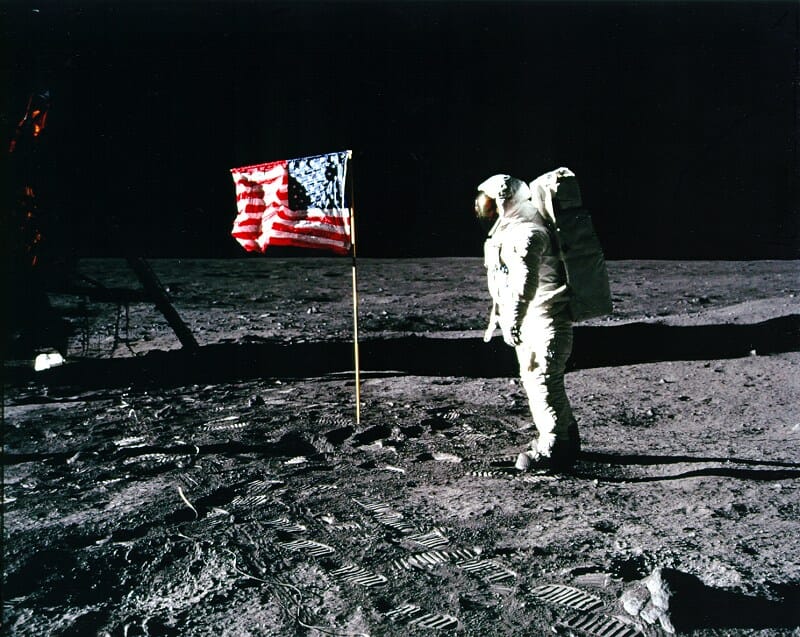
Such anniversaries present an opportunity to reclaim the history that racism and sexism obscured, bringing the narrative back into more truthful telling with understanding the systemic obstacles overwhelming

Sioux Falls Seminary’s “Baptistness” lies not in the application of some “Baptist principle” or set of principles. Rather, we seek to be resonant with the historic genius of the Baptist ethos, one grounded in the Baptist conviction of Christ’s lordship that leads to a decentering of all things human, including institutions.
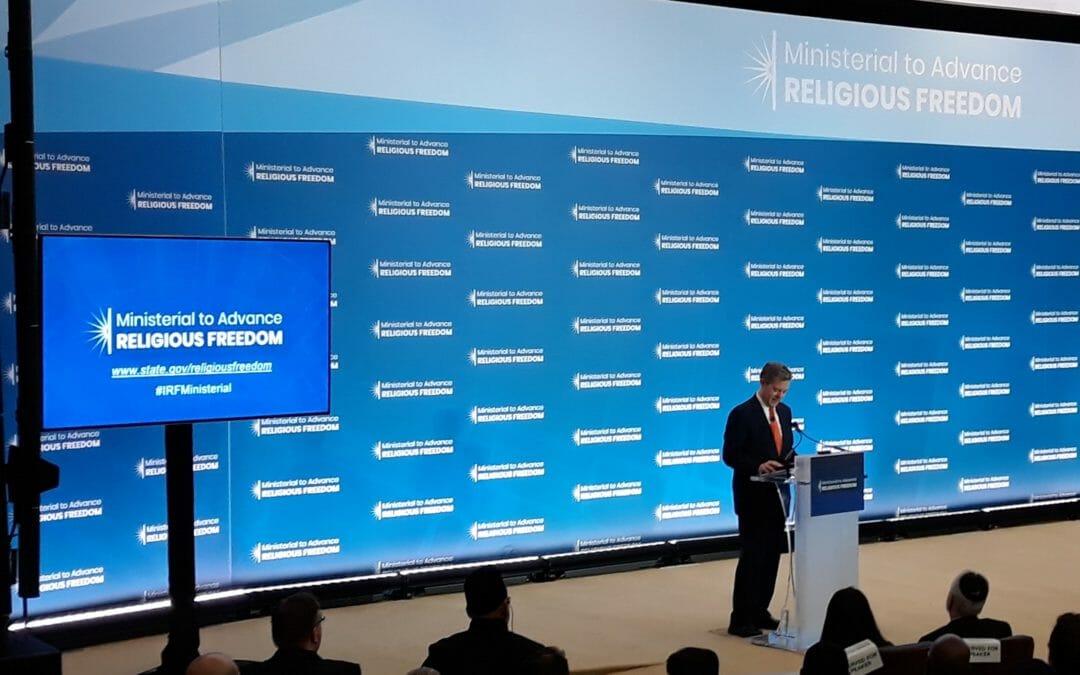
Secretary Pompeo recently announced the establishment of a Commission on Unalienable Rights, to furnish advice for the promotion of individual liberty, human equality, and democracy through U.S. foreign policy. In his opening remarks, Secretary Pompeo expressed his “hope that this ministerial will inform that discussion.”
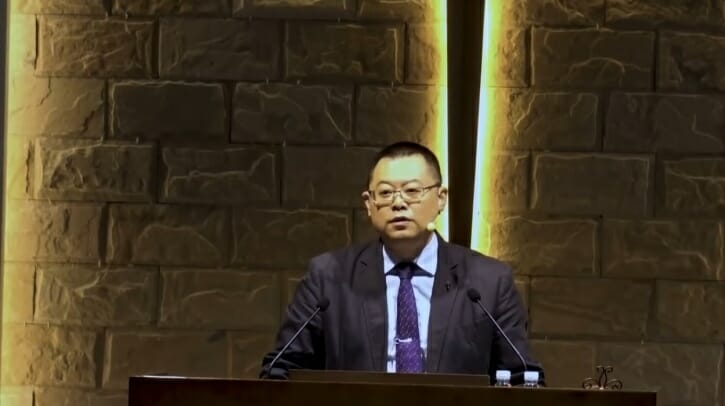
The crackdown, part of a broader effort in recent years to restrict China’s fast-growing religious groups, includes detaining over one million ethnic minority Muslims in internment camps in the far western region of Xinjiang, removing crosses from churches, conducting surveillance inside churches, closing churches and demolishing church buildings.
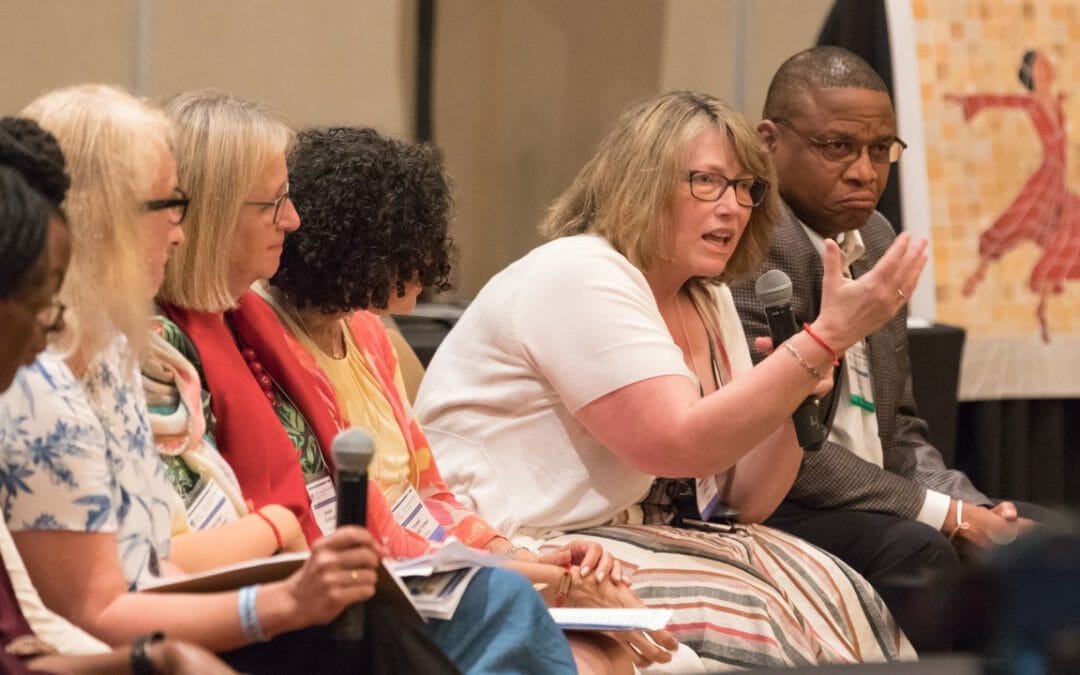
The Baptist World Alliance calls upon Baptists to “Repent from the teachings and practices” that “have prevented women from flourishing as human beings created in the image of God and full members of the body of Christ,” and to be open to the Holy Spirit’s power to provoke transformation so that Baptists might affirm “the God-given calling of women for service in the church.”
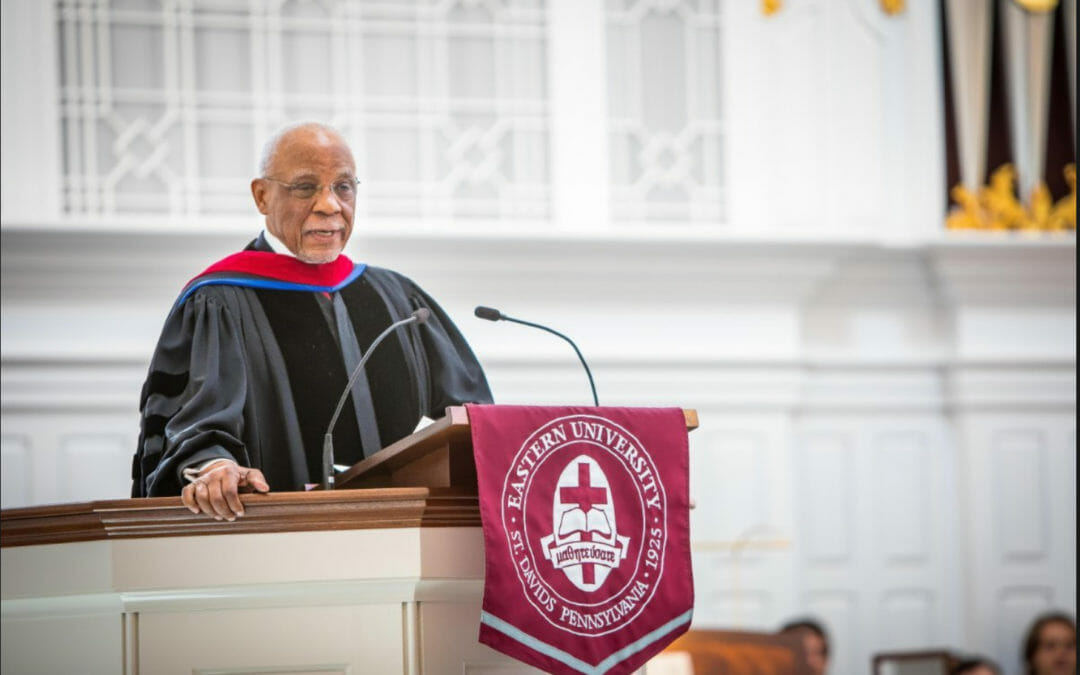
Unlike the career development target of identifying skills, interests and needs to be fulfilled, a mission in life identifies the value to which you choose to dedicate your energy and focus. Few things contribute to purpose in life more than having a sense of mission and carrying out our assignment from God.

The upheaval we’re experiencing—from a toxic public discourse to the airing of grievances to the gridlock on important issues—can feel overwhelming and make us feel so small. We can wonder, perhaps even worry, about the sense of our small efforts.
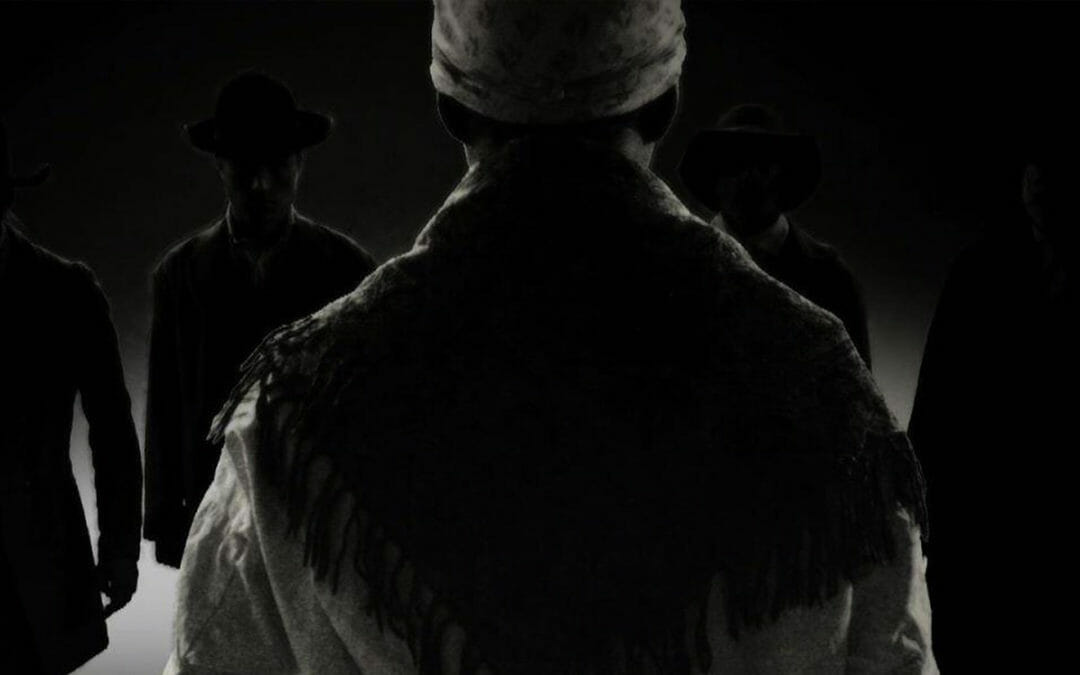
History may be presented as abstract and distant, but this documentary reminds us that we’ve already gone too long as a nation in making the Reconstruction era just that. Without a greater appreciation of the past, we repeat its sins.

One of the factors contributing to women and men leaving ministry is the often heavy cost of theological education leading to the assumption of considerable debt. In response to these challenges, Sioux Falls Seminary’s Kairos Project has abandoned the credit hour in favor of a revolutionary financial model for operating and pricing degrees.
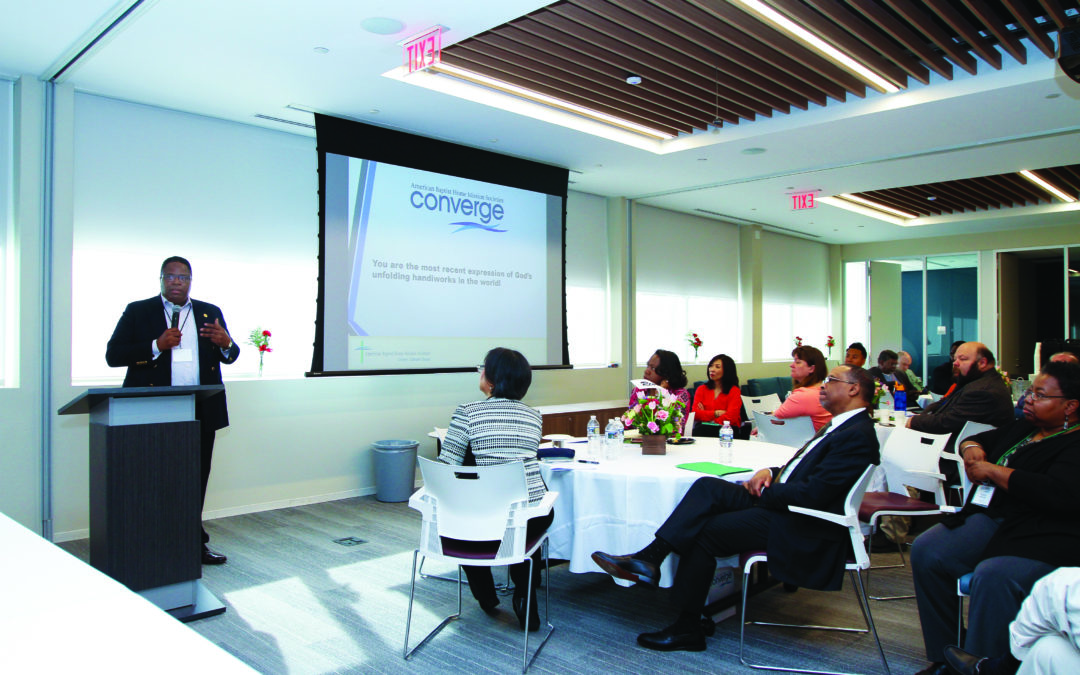
Four encouraging and promising trends that I observed in my interactions with Christian leaders and entrepreneurs are also representative of many other pastors, teachers, and servants, and that give me much hope for the Church of the 21st century.

Those who are prepared to follow you stand positioned to further the good works of the church, organization, or institution. But to realize such positive trajectories, it is up to us as leaders to do the work of preparation.

Jesus cautioned against anyone who would prevent small children from coming to him. There is hypocrisy in our churches if we laud legislation that decreases abortion, but decry legislation that limits access to guns.

My father was not in ministry. He was a lifelong salesman, selling industrial locking systems to institutions. Yet I’ve come to realize that frequently his tips are relevant to ministry.
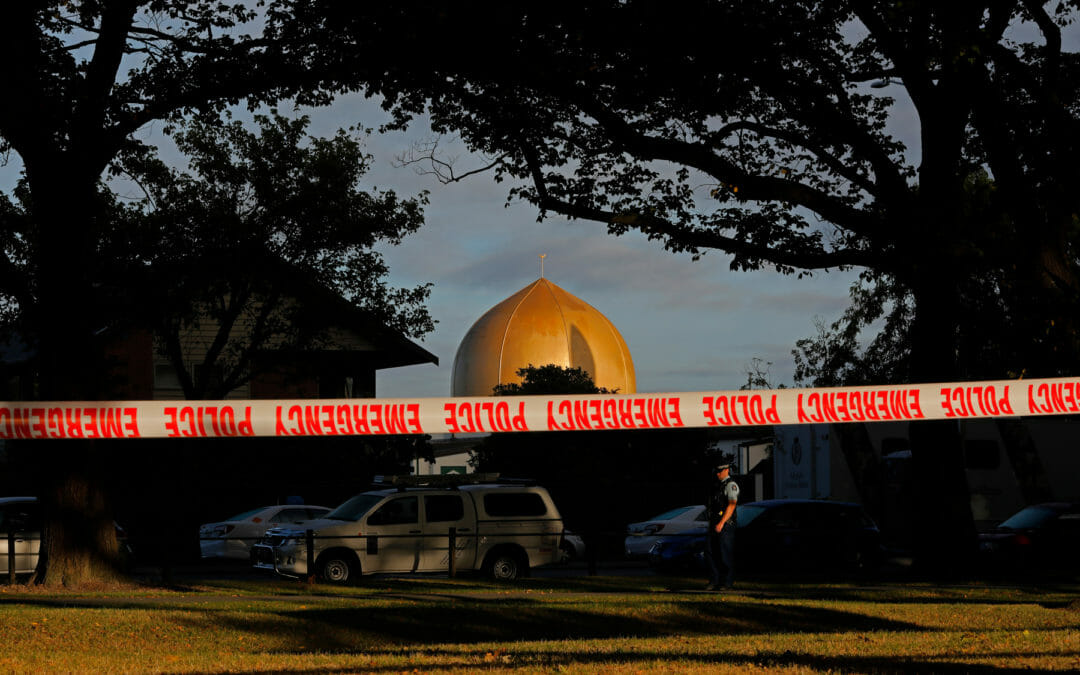
What is to be done in response to the global threat to the freedom to worship without fear?
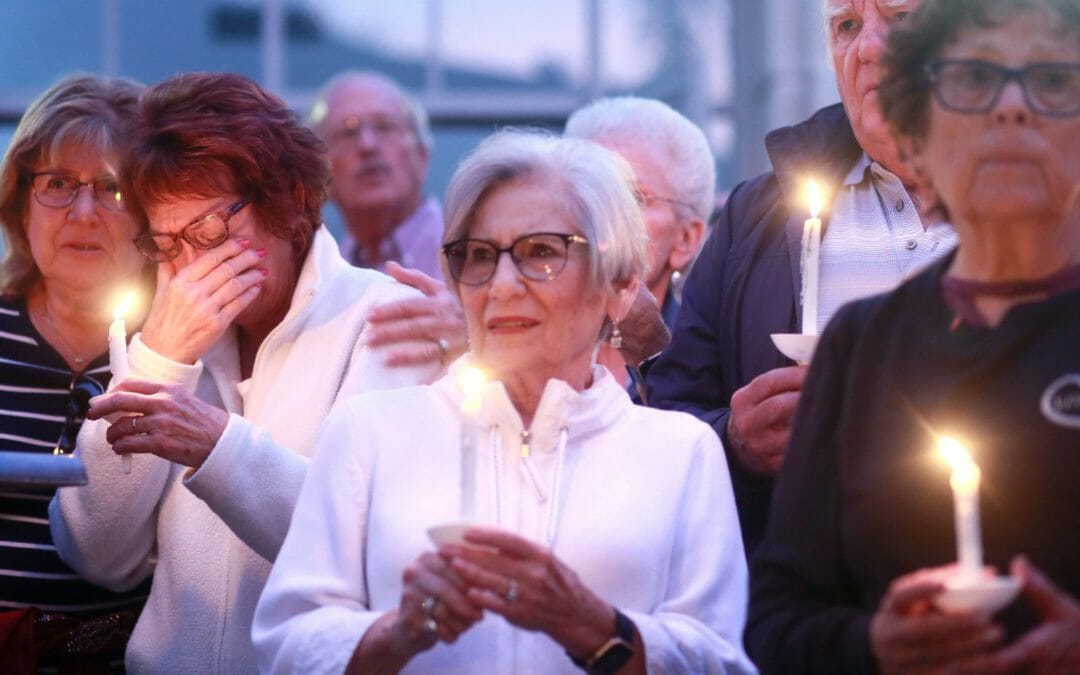
We cannot love God if we do not love our neighbor. And it is exceedingly hard to love our Jewish neighbors if we do not even know them.

Pentecost shifts the focus of the Christian community away from the singular focus on the life of Jesus and on to a clearer focus of the ministry of the church in the world.
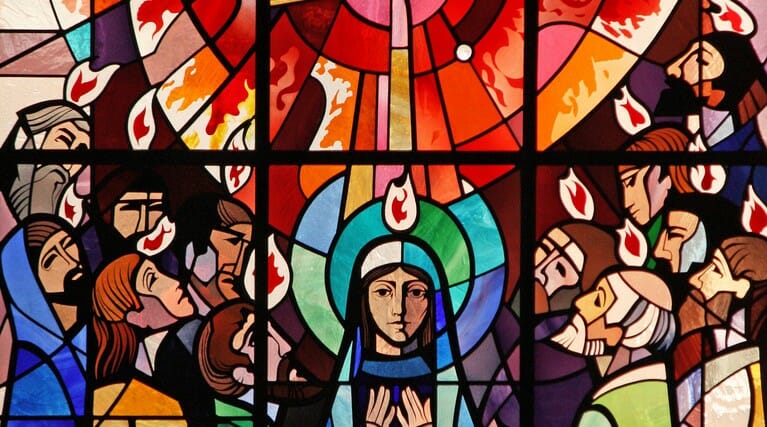
God is looking for worshippers who sincerely love him, and are not “fair-weather” worshippers. God is looking for authentic worshippers, who will give praises throughout all the vicissitudes of life.

Being in such close proximity, and in common cause, one finds an opportunity to be in conversation with people who reside in different tribes. It’s easy to reach across the aisle when the guy next to you is riding such a cool machine.
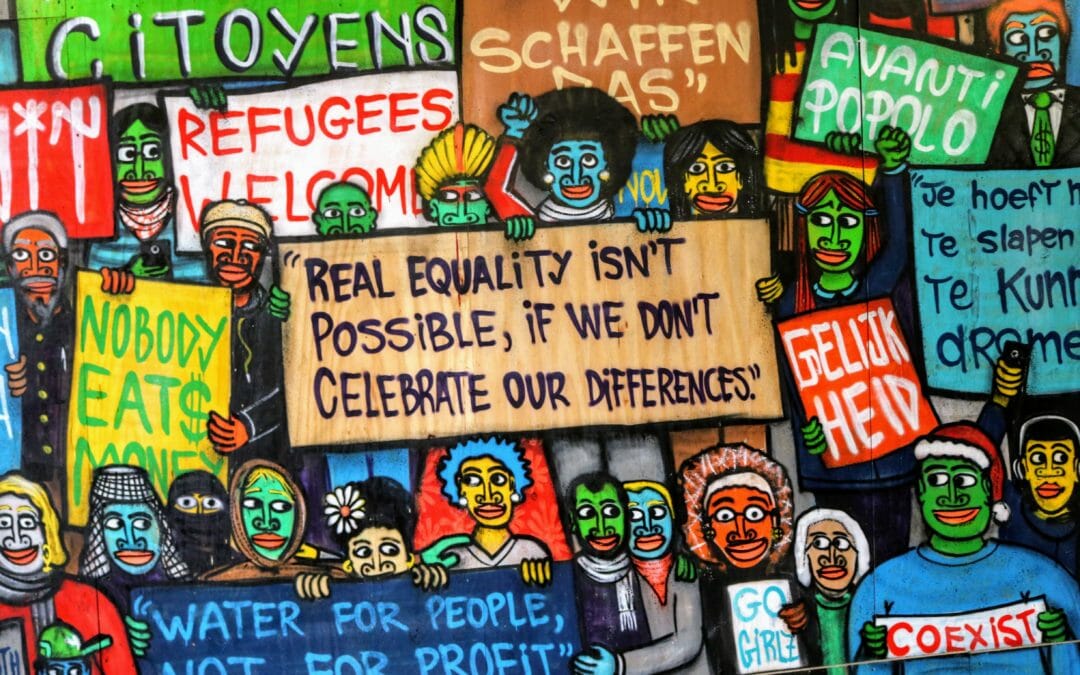
What it means to witness for Jesus Christ and what that looks like when thinking of people who don’t look like you or speak like you, or who have a different culture than you.

The church that claims to be following Jesus is walking in darkness when the light is not shined on mental illness, especially when the mentally ill do not feel welcomed to talk about their illness.

Whether we are ordained or lay, we are called to equip others for work in God’s service. In so doing, we multiply what can be accomplished.”

Does “attend at your own risk” welcome the child carrying an emergency epinephrine auto-injector (medicine for severe reactions), or does it remind them that this space that should be sanctuary is another area of potential danger?
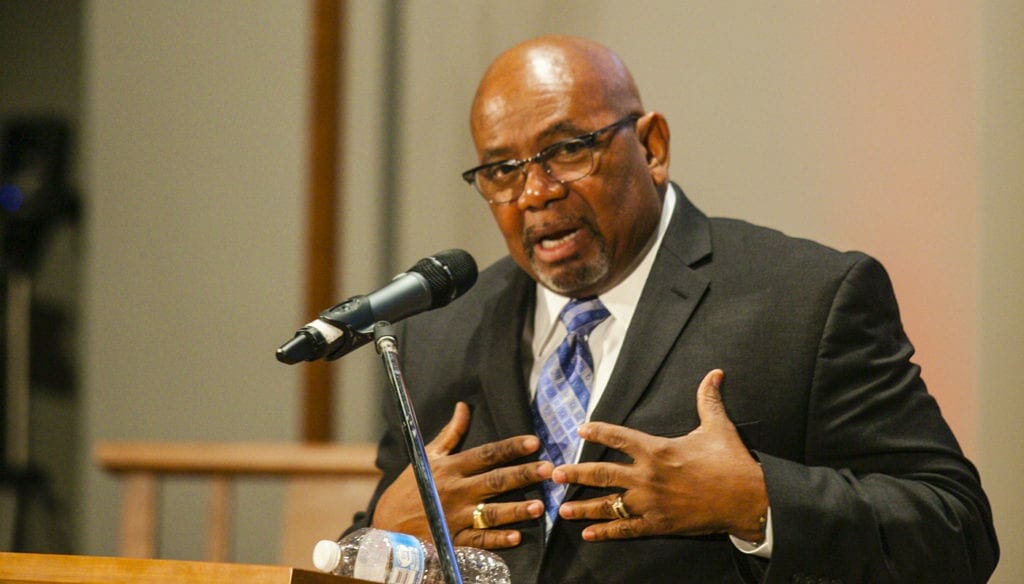
Recent speeches in the Kansas City area by an American Baptist leader urged Baptists to reclaim the historic understanding of true religious liberty for all. Aidsand Wright-Riggins, the former head of the American Baptist Home Mission Societies and now mayor of Collegeville, Pa., delivered the 2019 Shurden Lectures, an annual event held by the Baptist Joint Committee for Religious Liberty.

Every religious tradition has cleansing rituals for moral injury. Altar calls, baptism, confession and reconciliation, and penitential pilgrimages all have their secular counterparts. People with moral injury often seek paths to healing, many of which do not involve the Church. I hope churches can reclaim this ministry of healing and restoration. I hope each church can help people connect the dots between moral injury and rituals of cleansing and reconciliation.
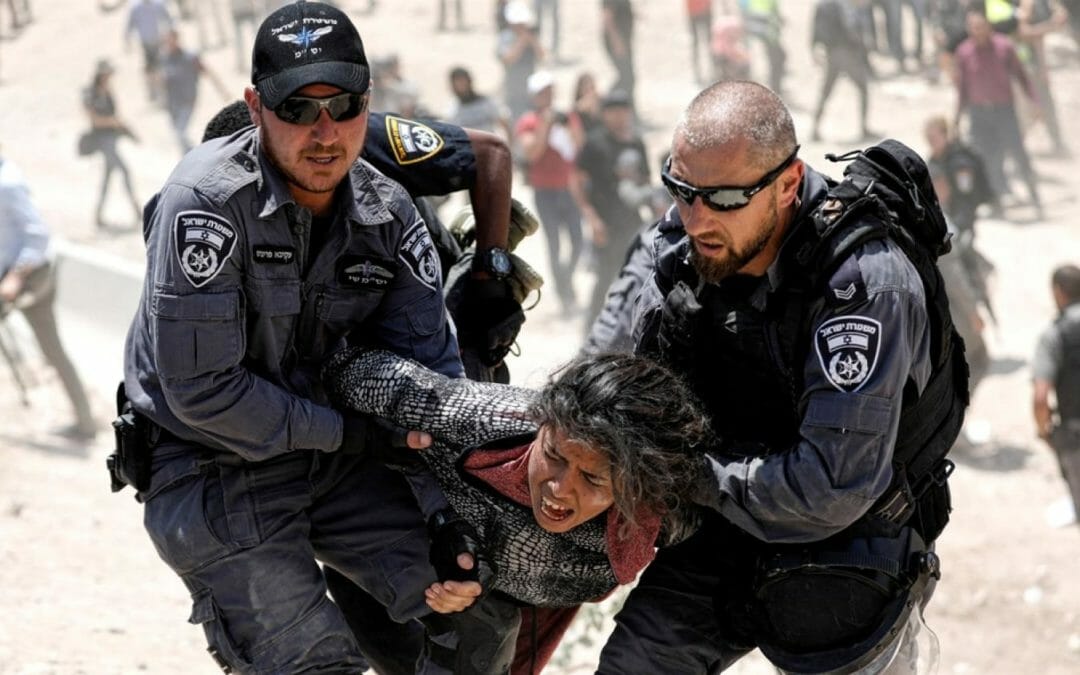
Anti-Semitism is real and serious, but it is not anti-Semitic to criticize injustices perpetrated by the state of Israel and its supporters.
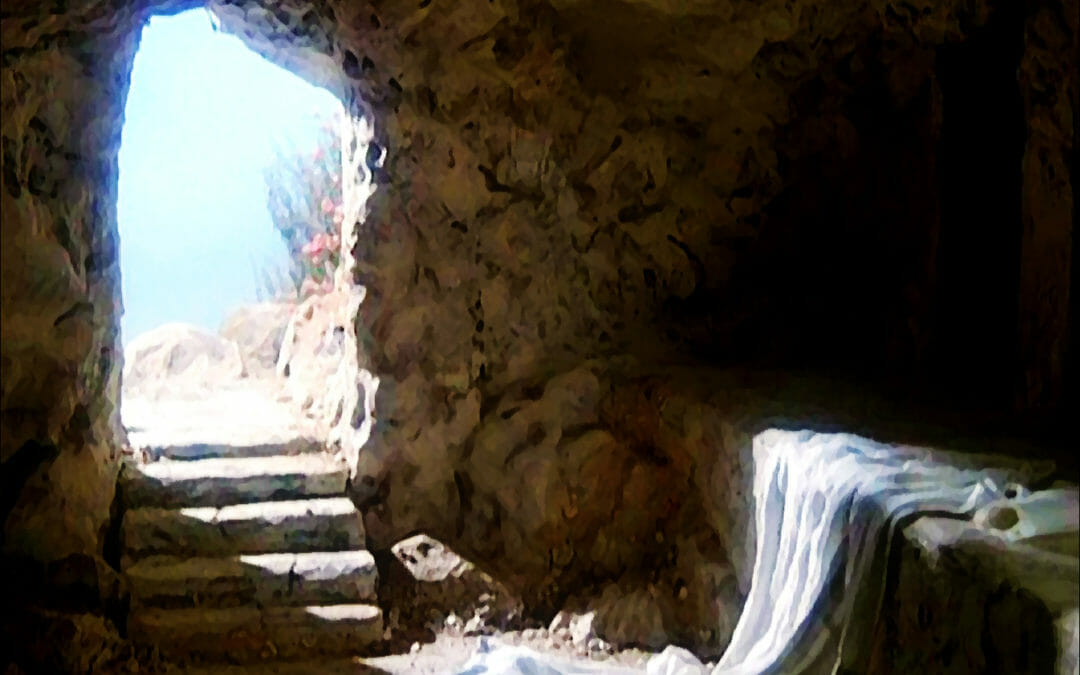
It was by faith in a risen savior, not a myth or a metaphor, that my slave ancestors and subsequent generations of African Americans have been able to endure the horrors of life in this country for the last 400 years.
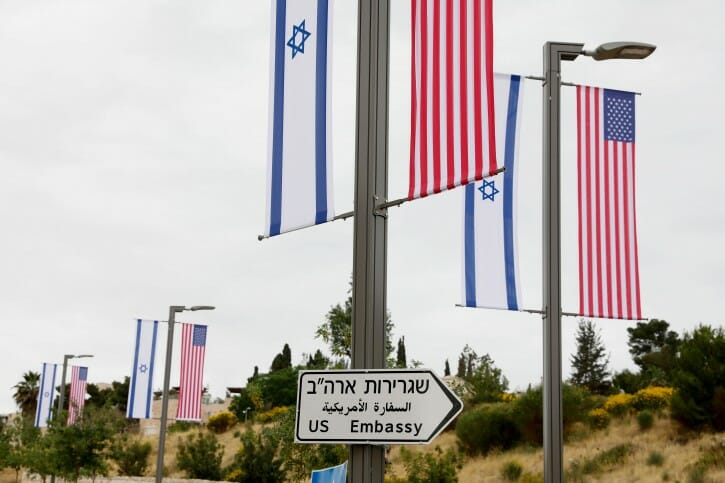
May 14 marks one year since the U.S. Embassy moved from Tel Aviv to Jerusalem, five months after President Trump announced the move December 6. What has the U.S. done about peace since then?

A few schools have begun to move beyond the level of different forms of content delivery and have begun to re-envision theological education in a more thoroughgoing manner. One of these schools is Sioux Falls Seminary, with its Kairos Project.
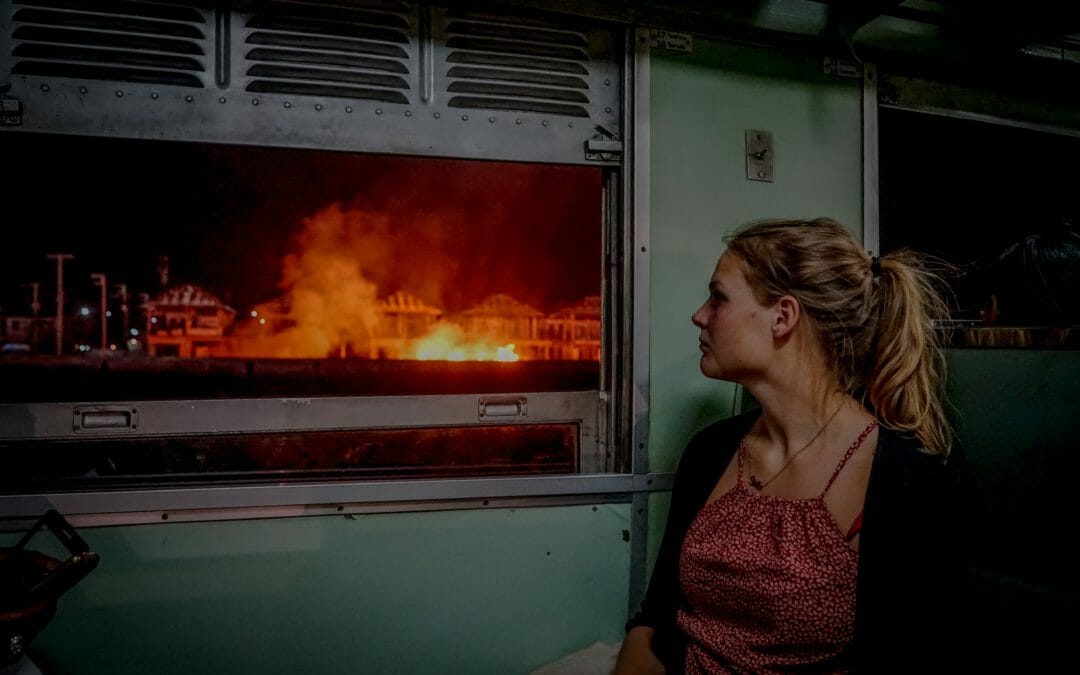
For leaders who do evil or for people who are mean, we cannot pray, like the Psalmist, to “Let ruin come on them unawares.” Rather, we are best served to pray for good to triumph over evil and for God to give us strength to overcome evil with good.
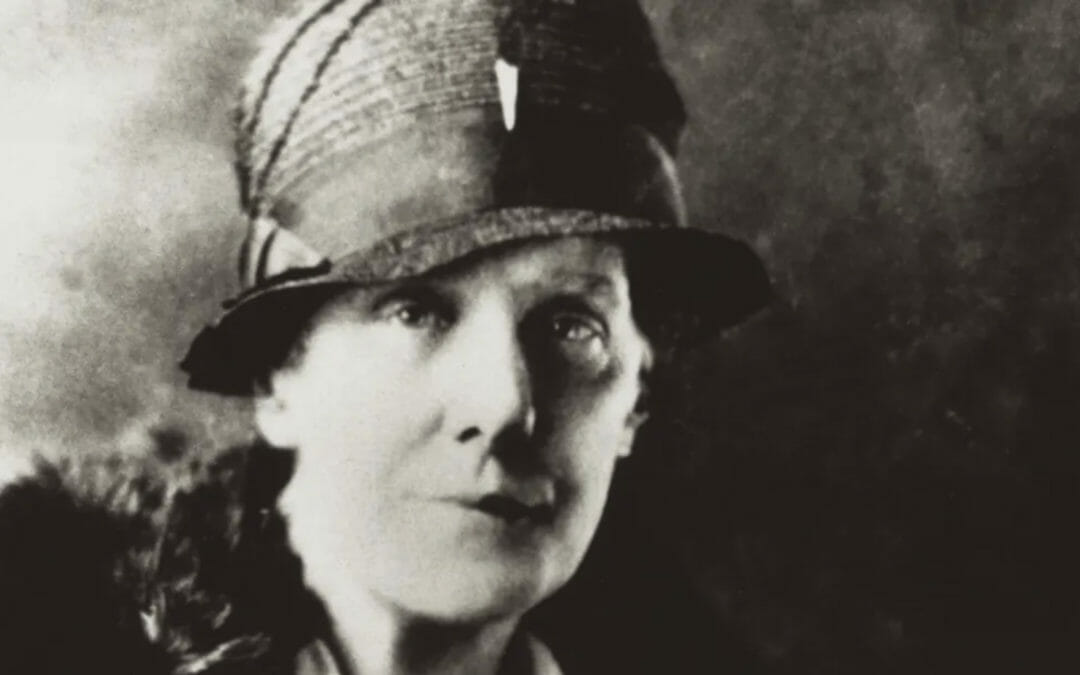
How you observe Mother’s Day matters. If it tends to be celebrated in a one-size-fits-all manner with great joy, it will be blessedly so for some. For others, it will reinforce a host of reasons why Mother’s Day is a day of mixed feelings.

Be it voluntary or involuntary childlessness or the result of strained relations, Mother’s Day is not always easy. On Mother’s Day, why not celebrate all women?”

None of us can change the world on our own, but we each can make our own contribution. The process of deepening your intentionality is about embracing the choices that stand before you.

The Bible is not the only old book that’s worth reading. Other old books may not be divinely inspired, but they can be treasure houses of wisdom.